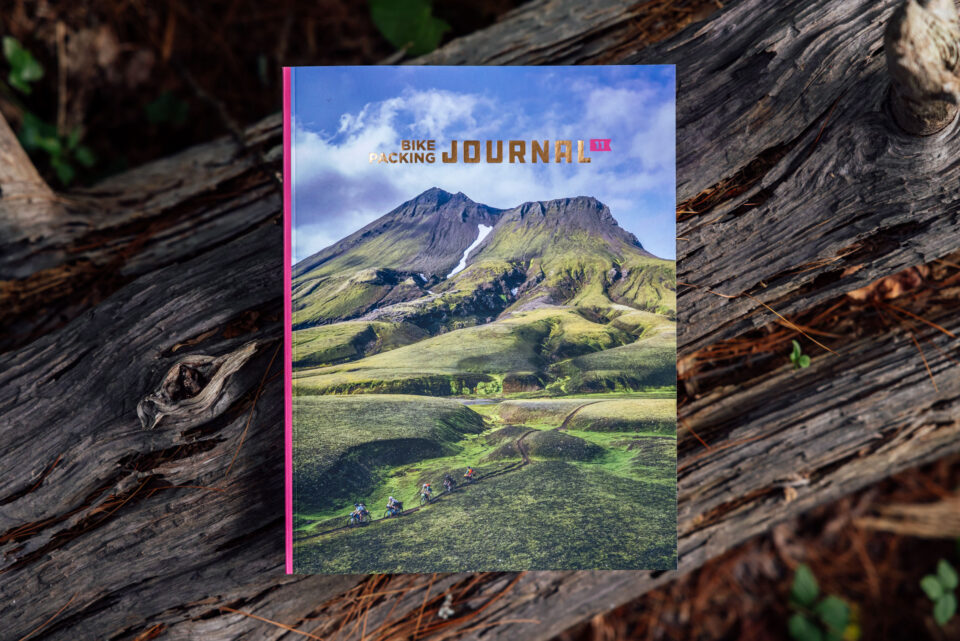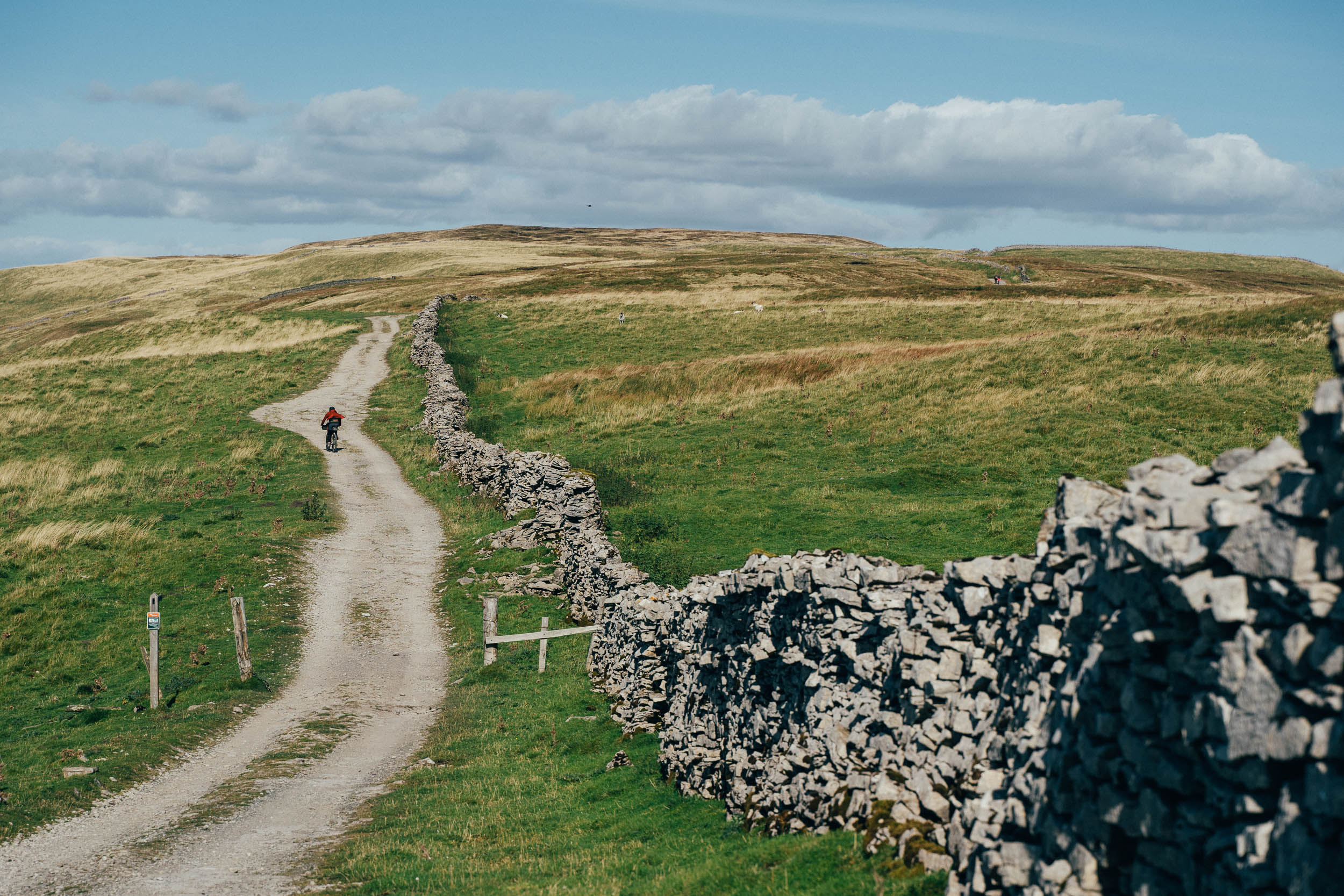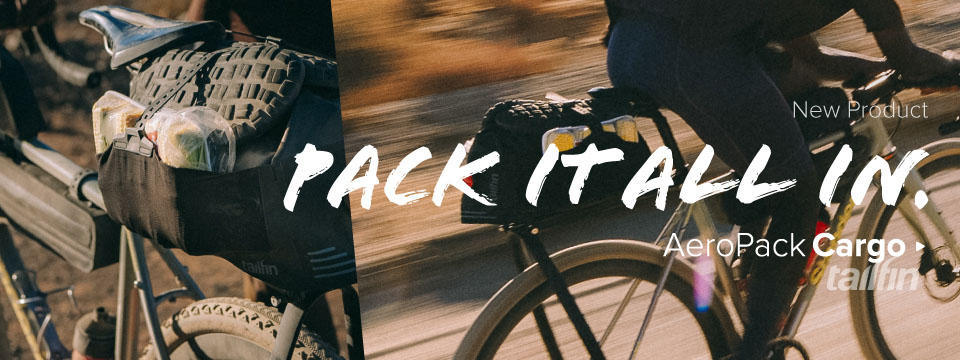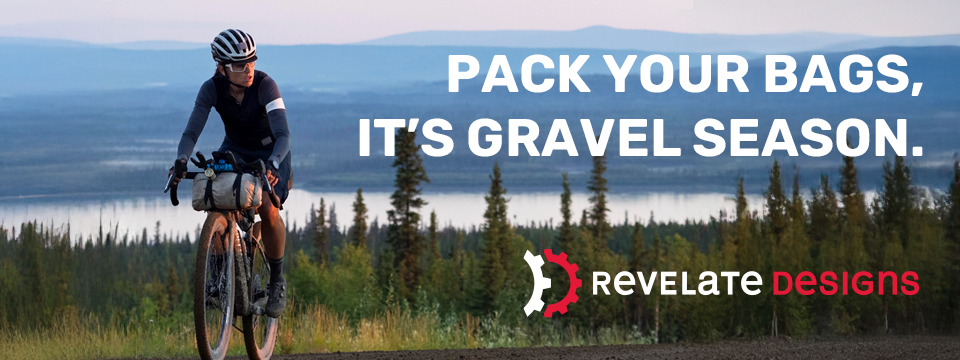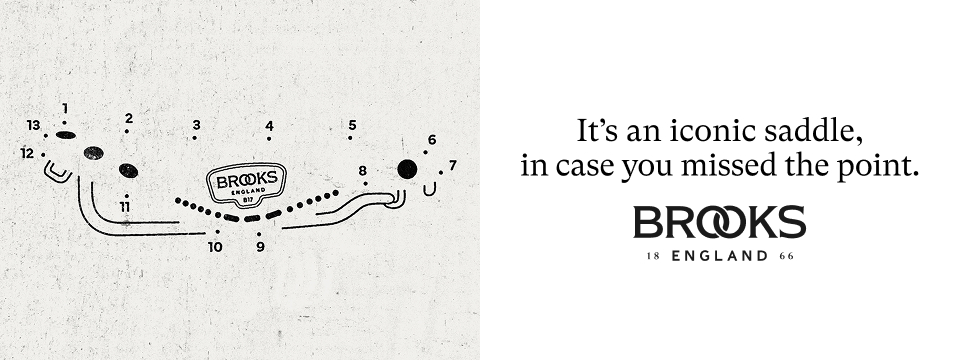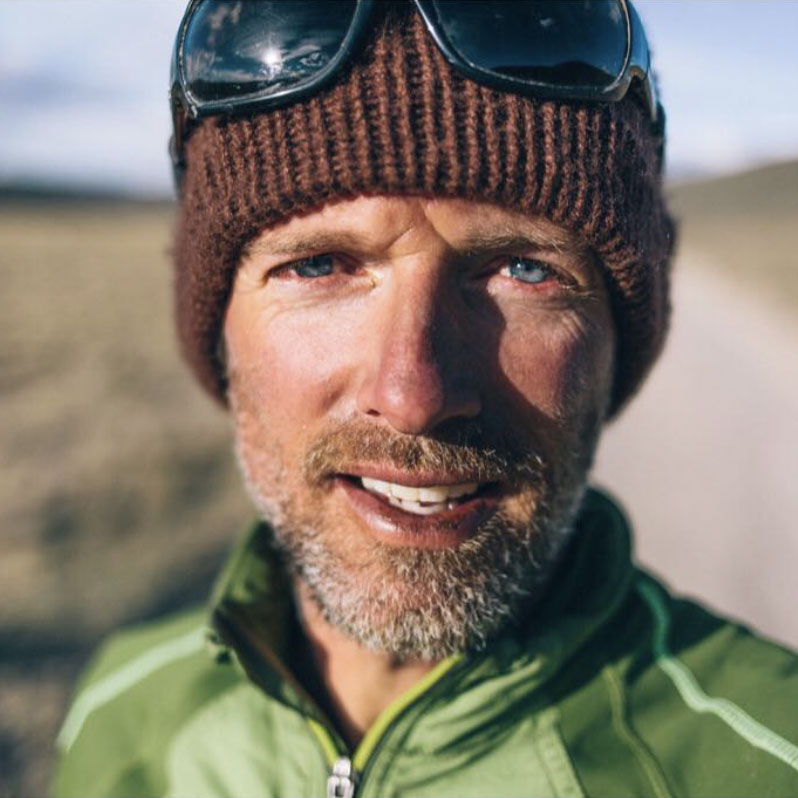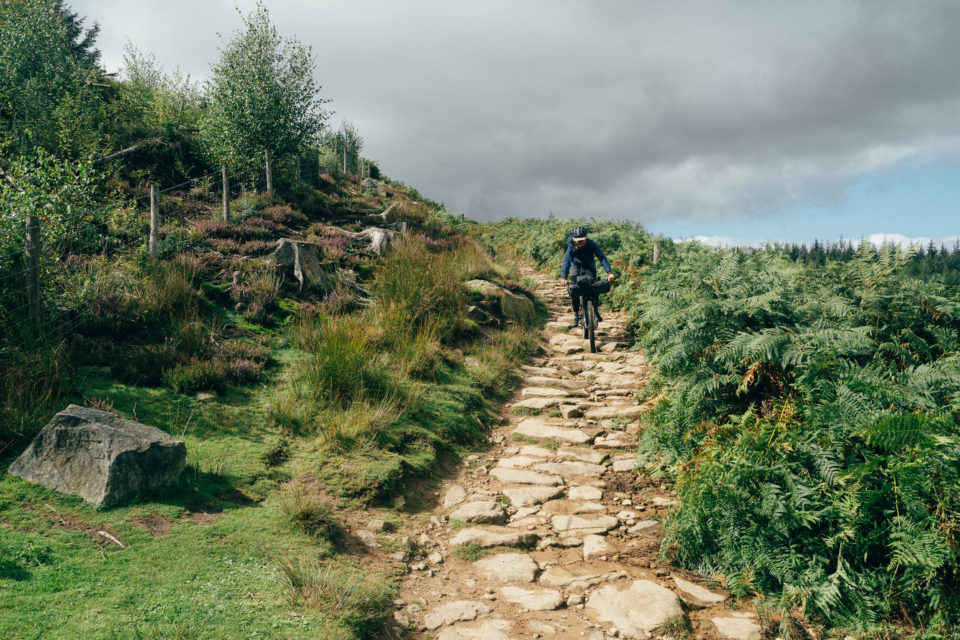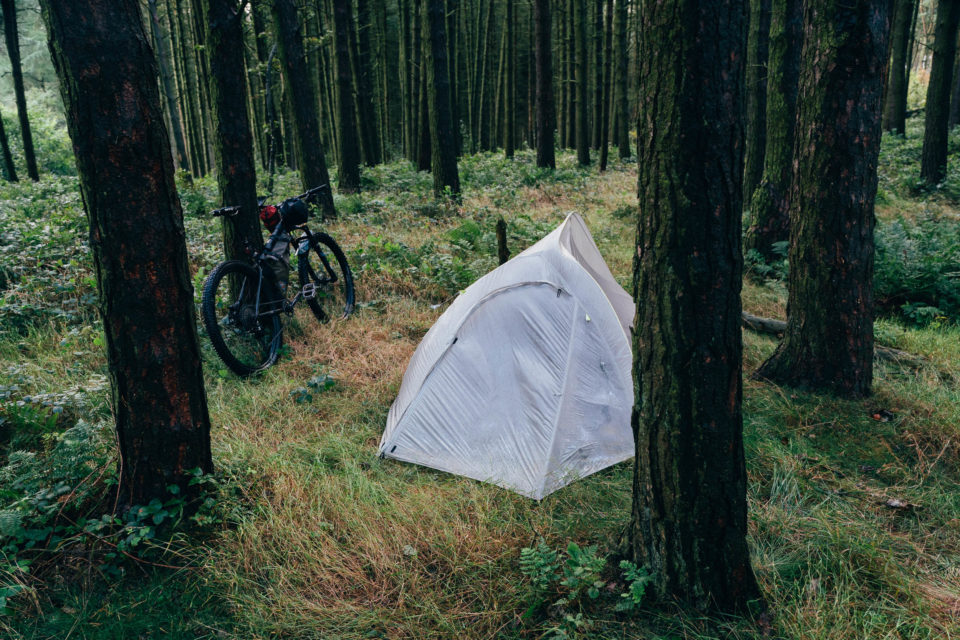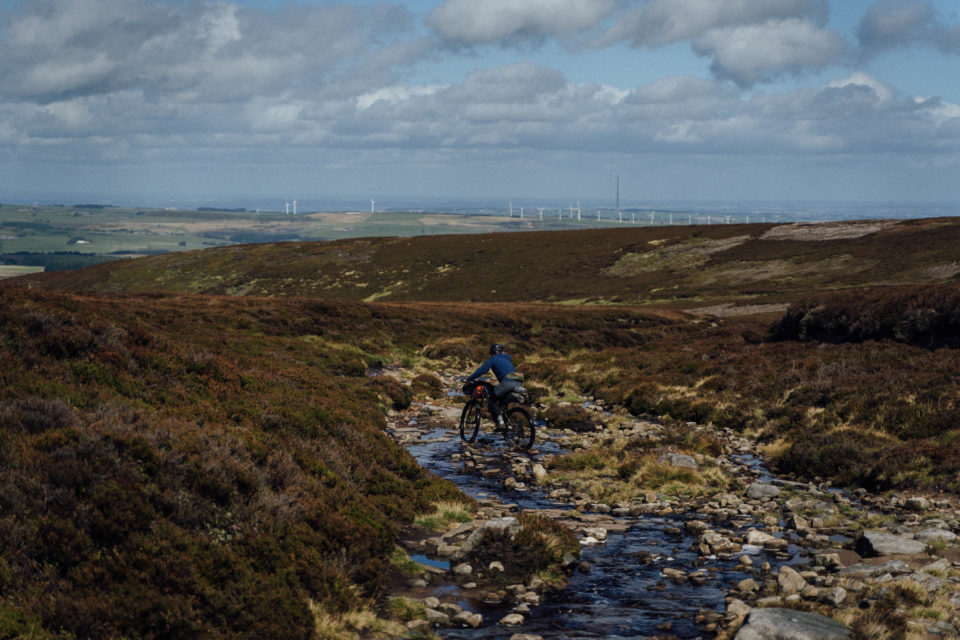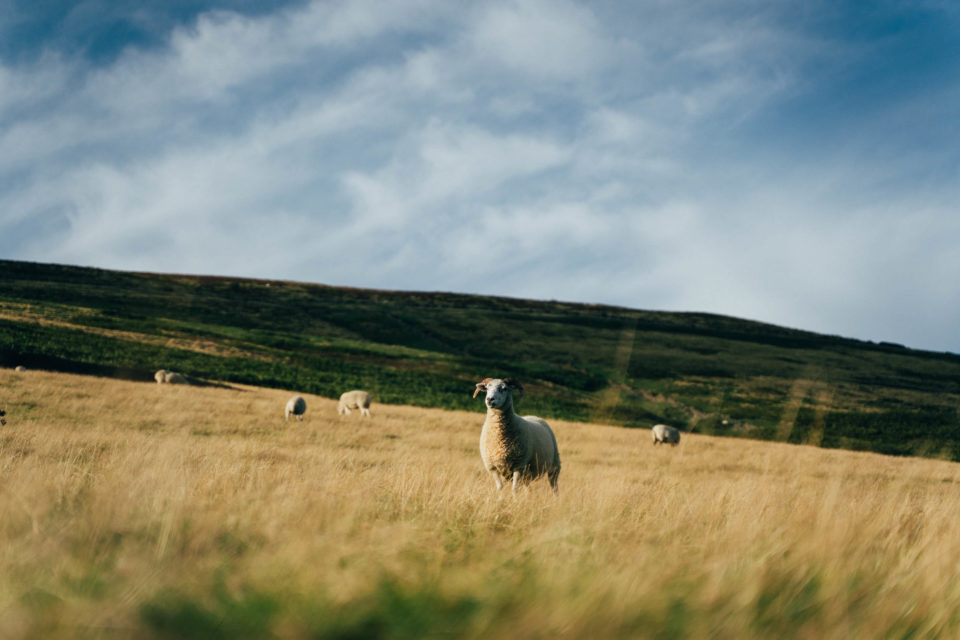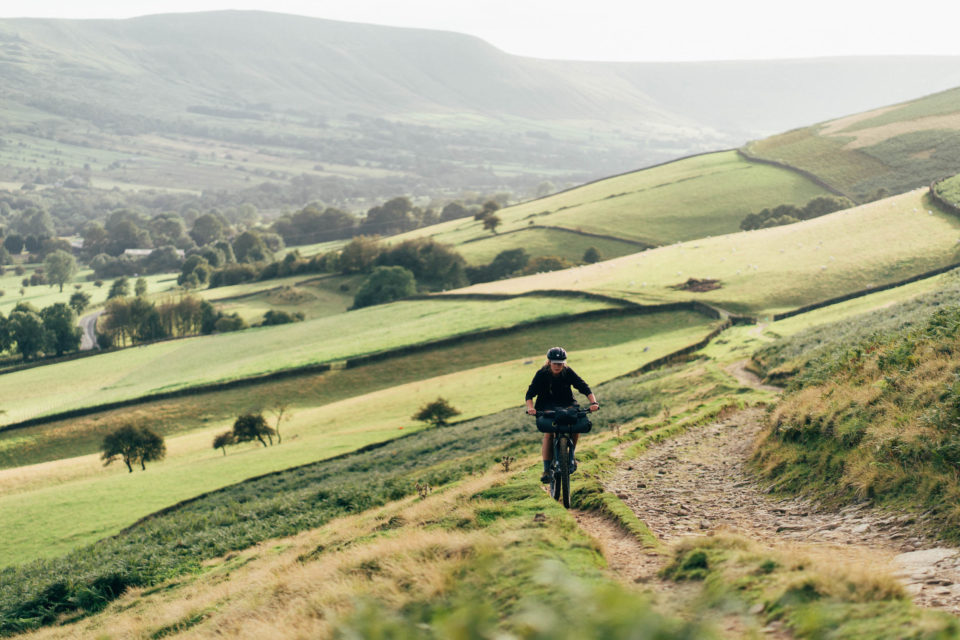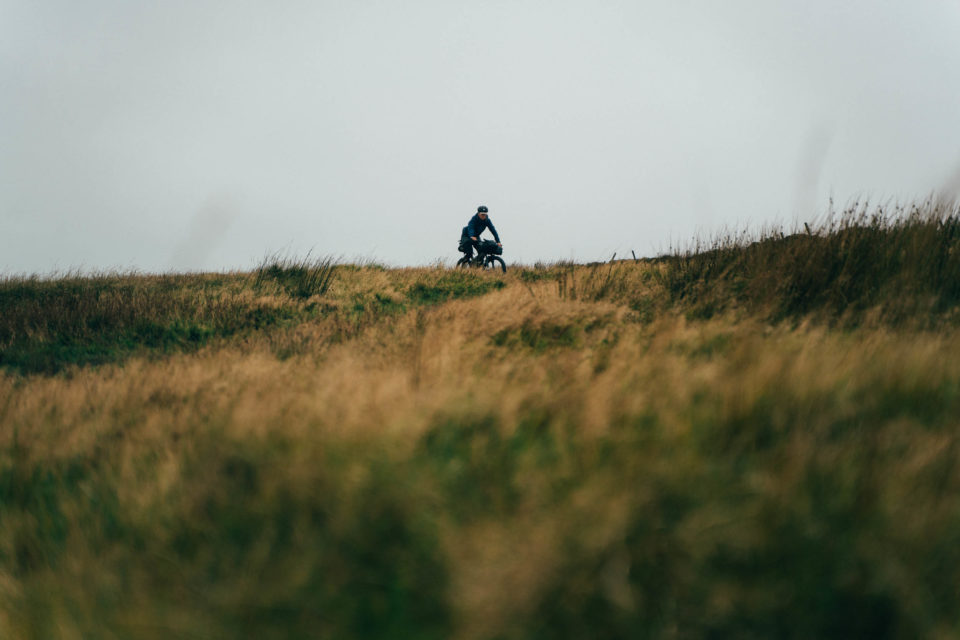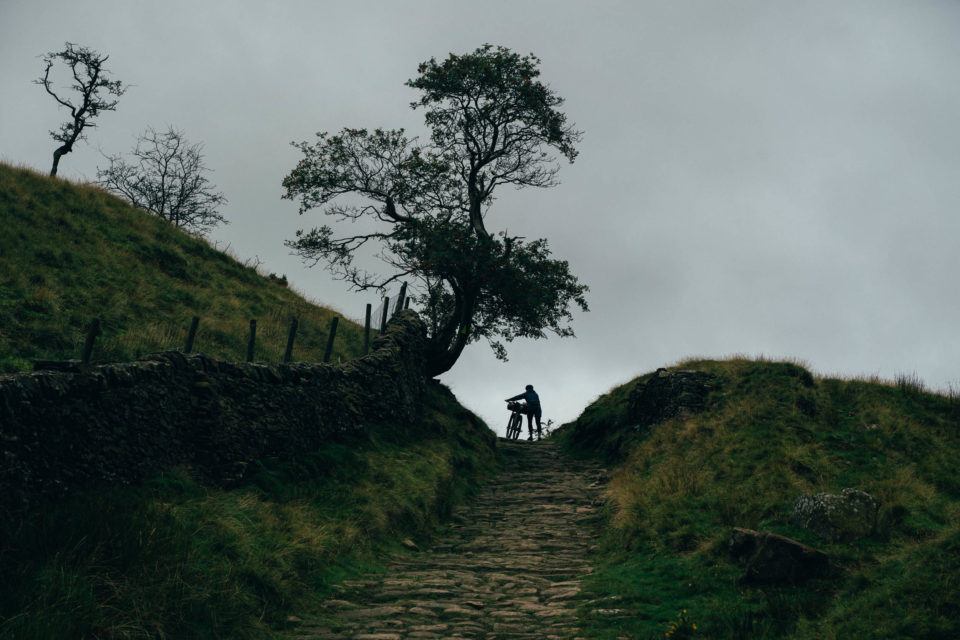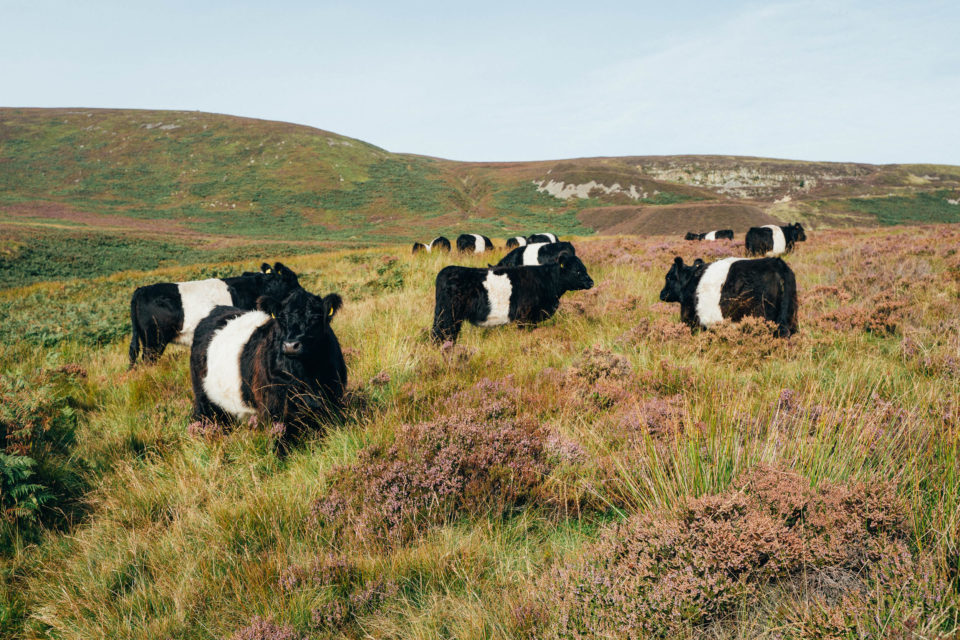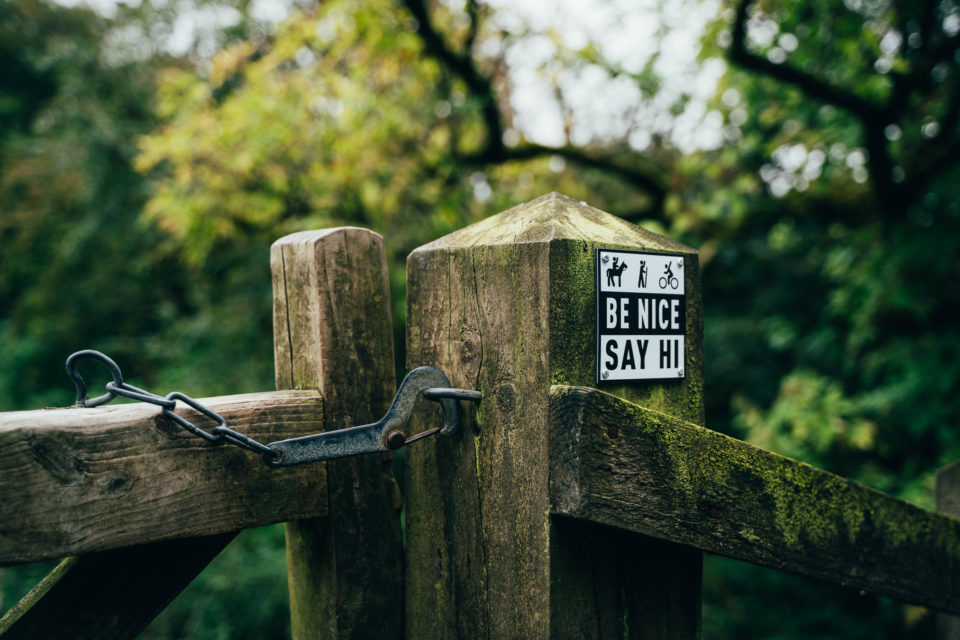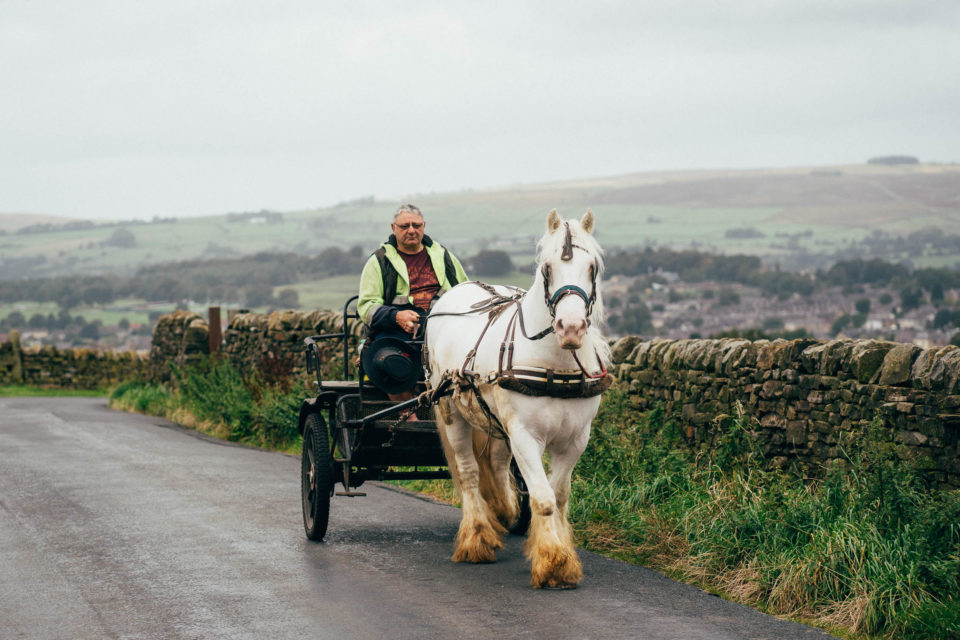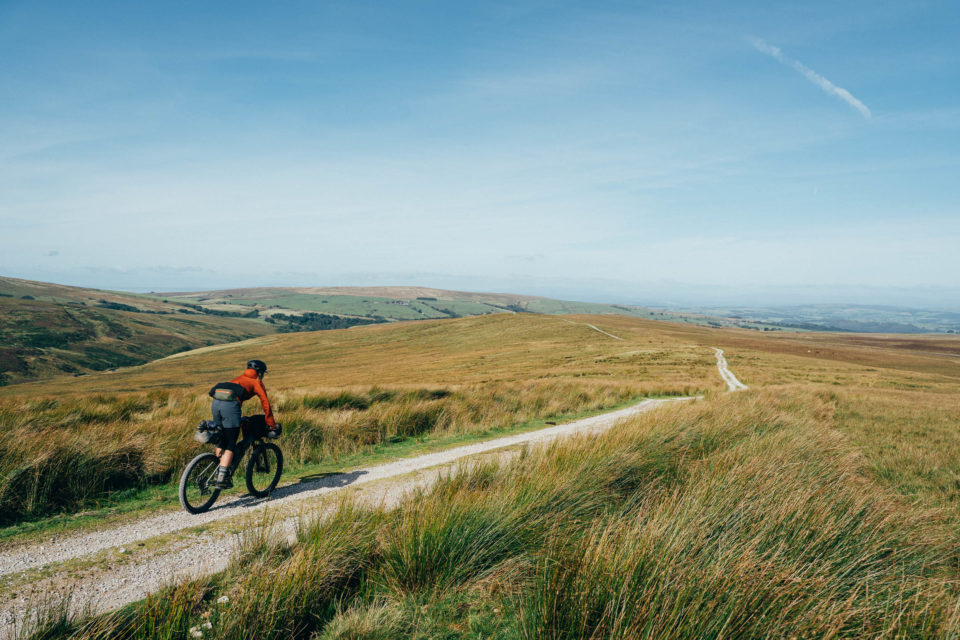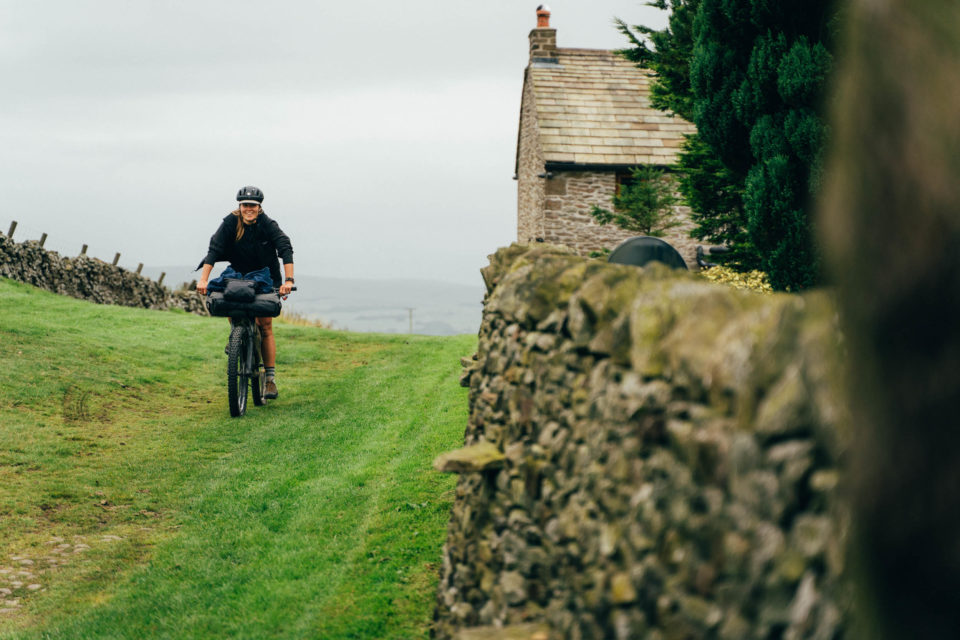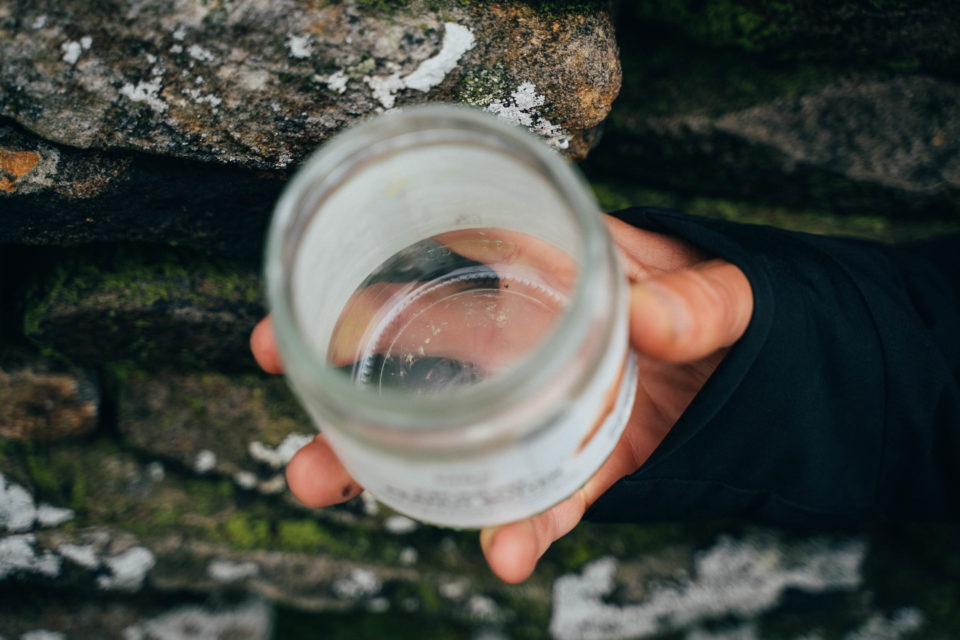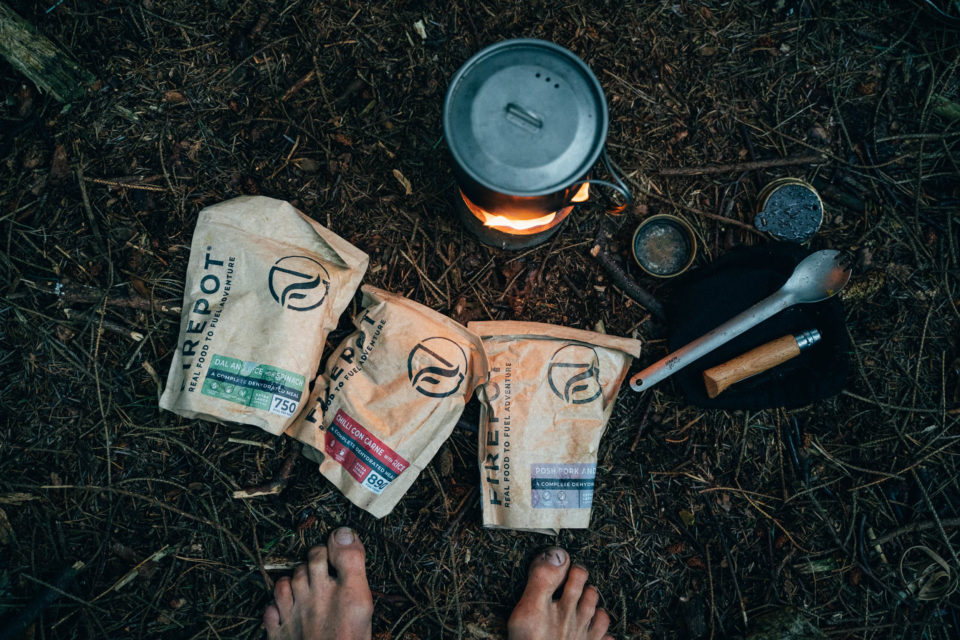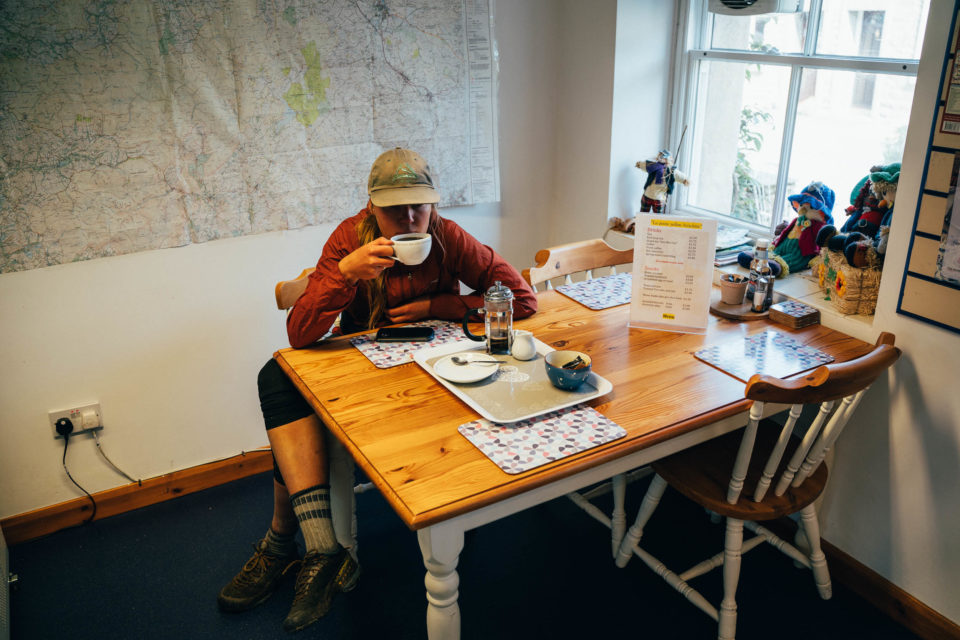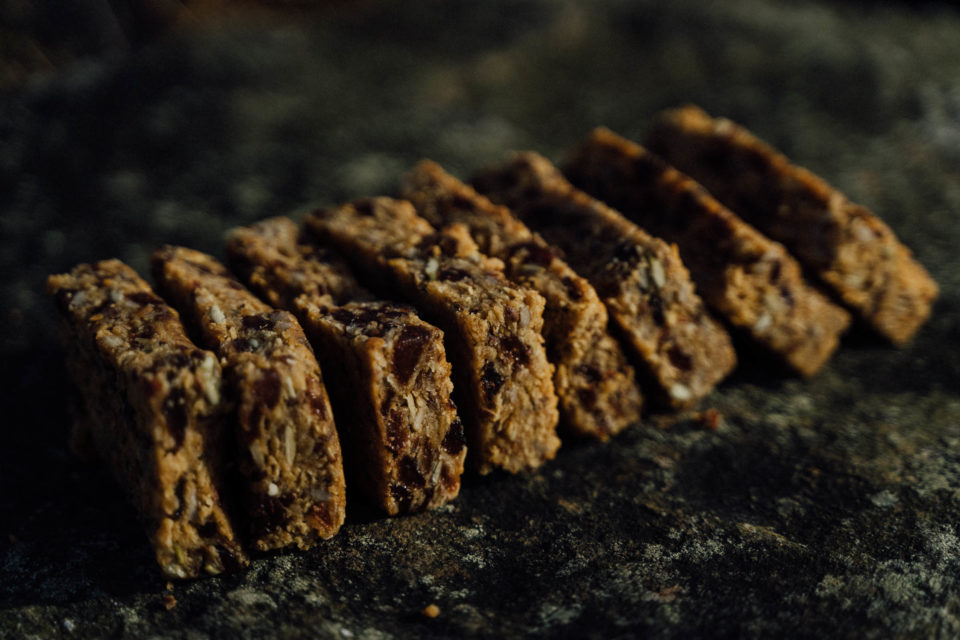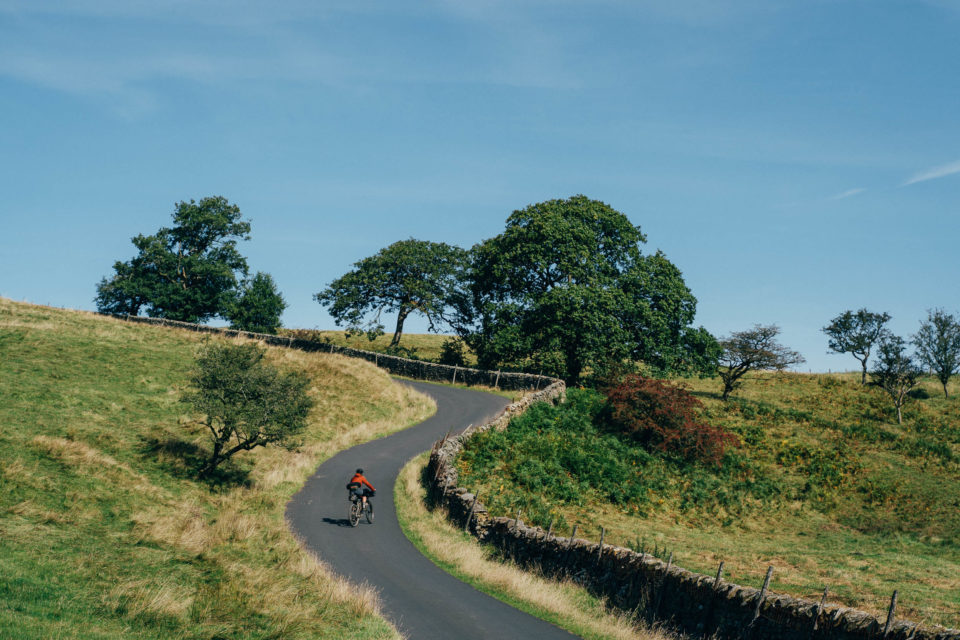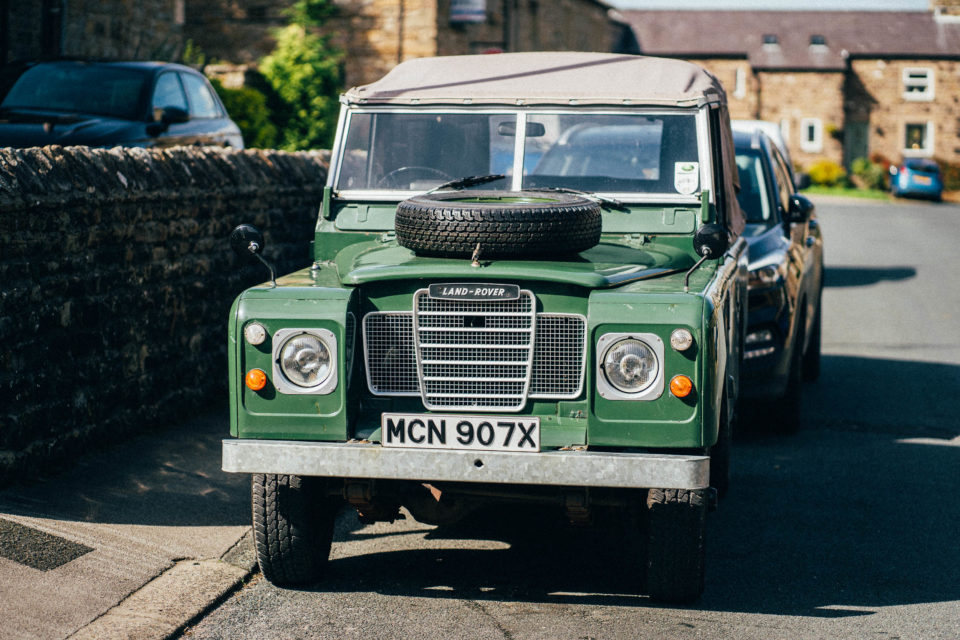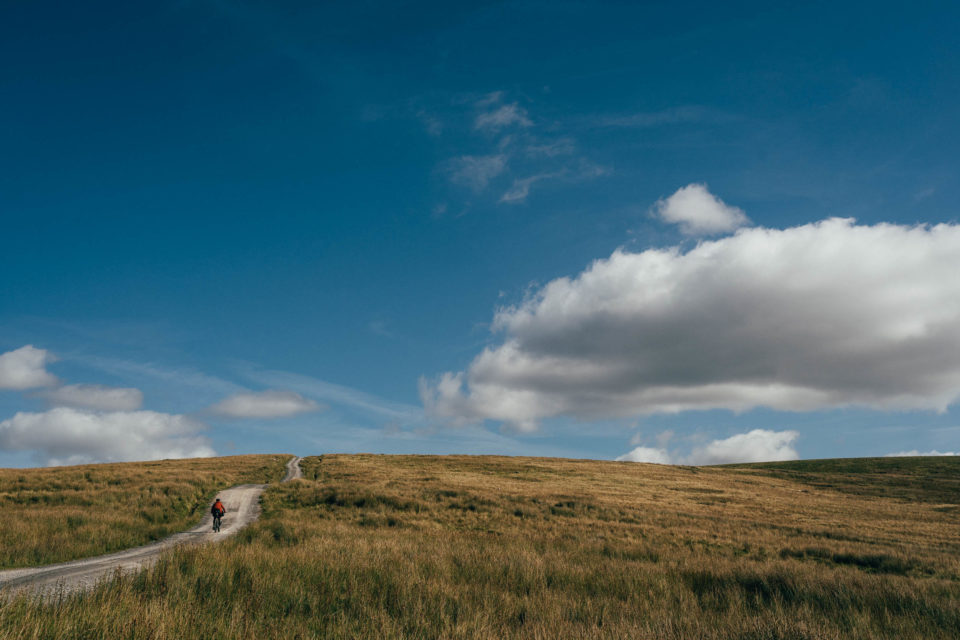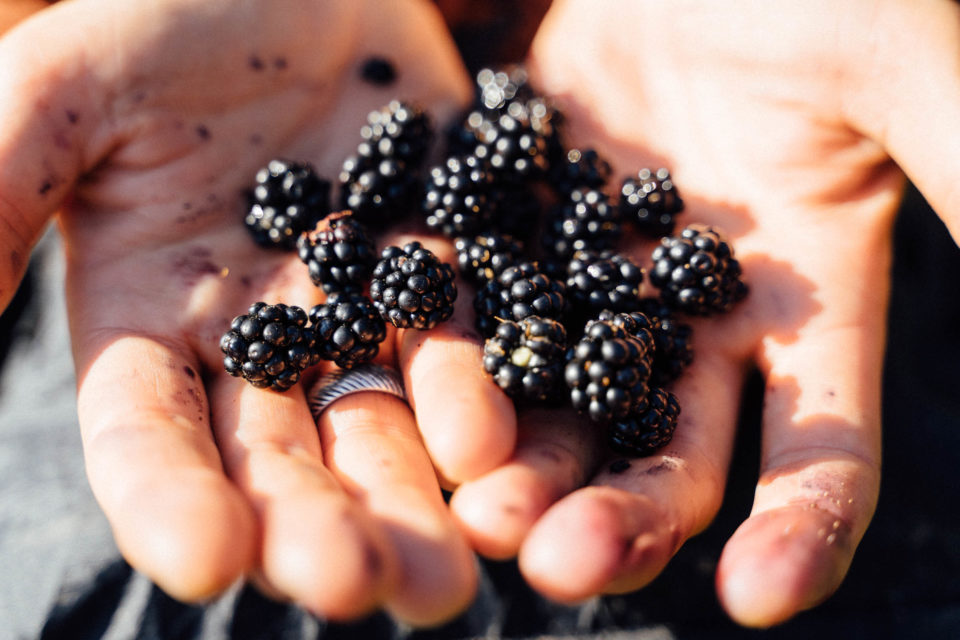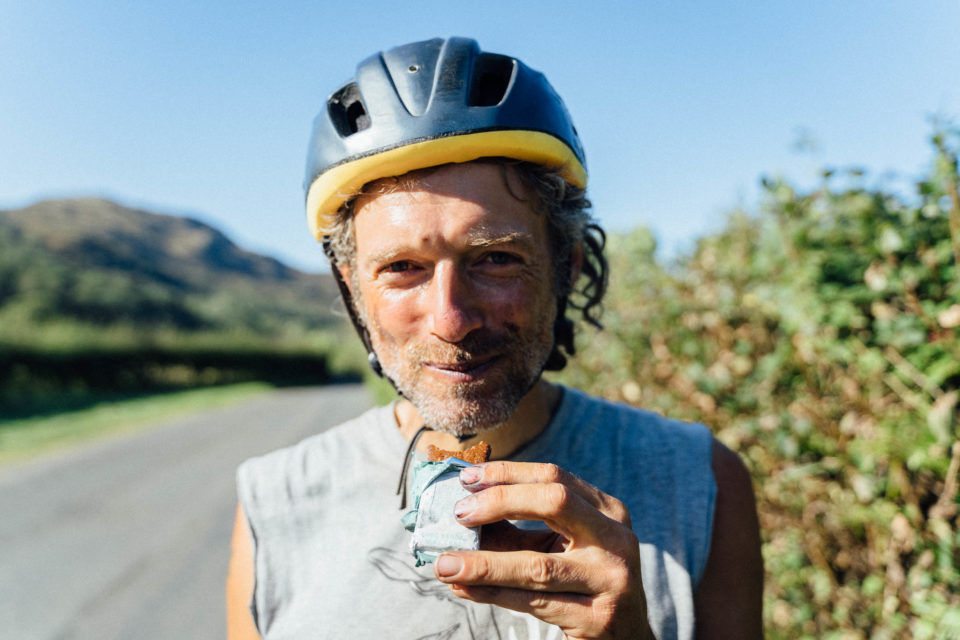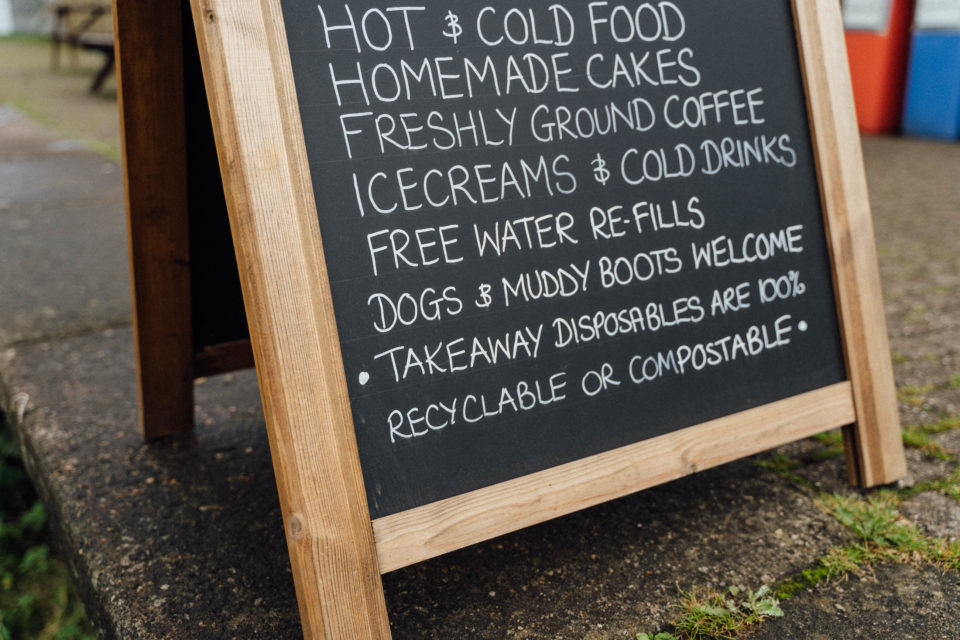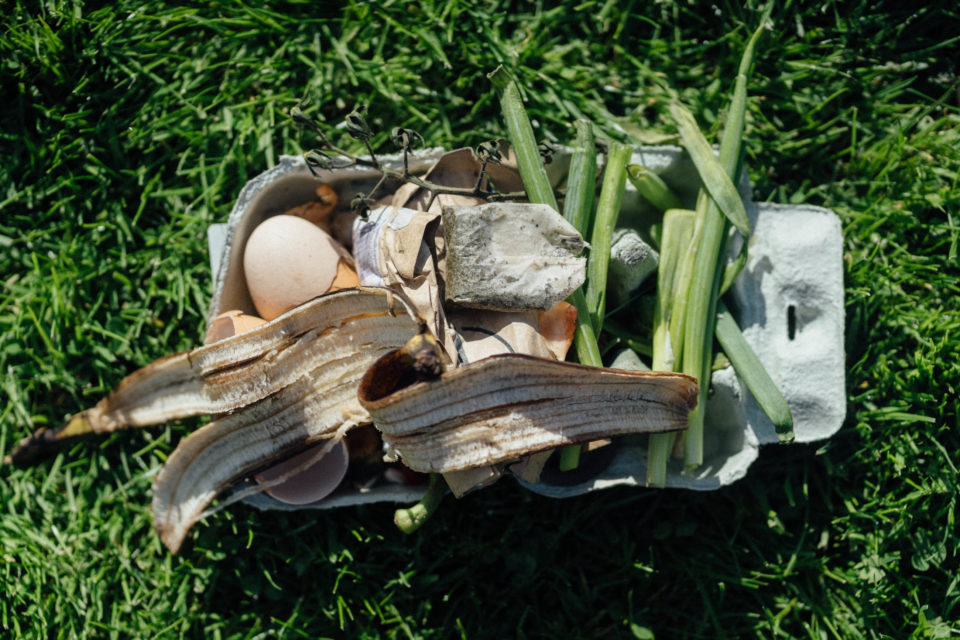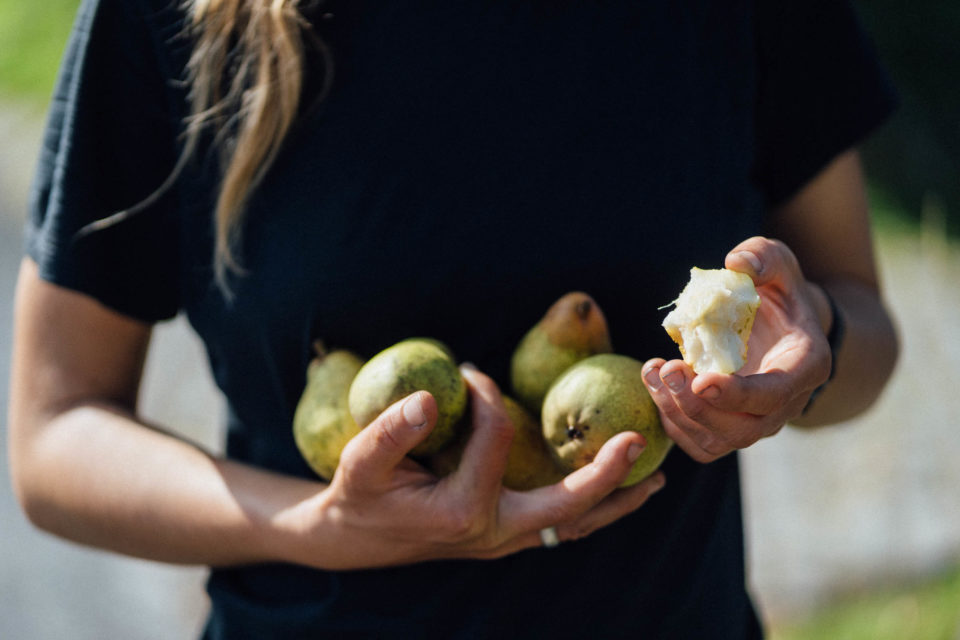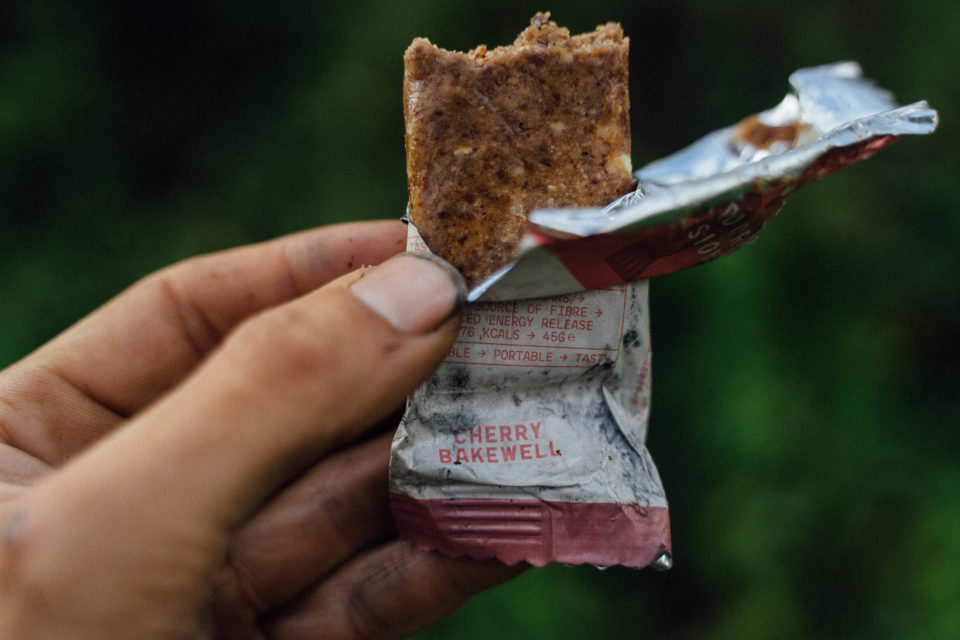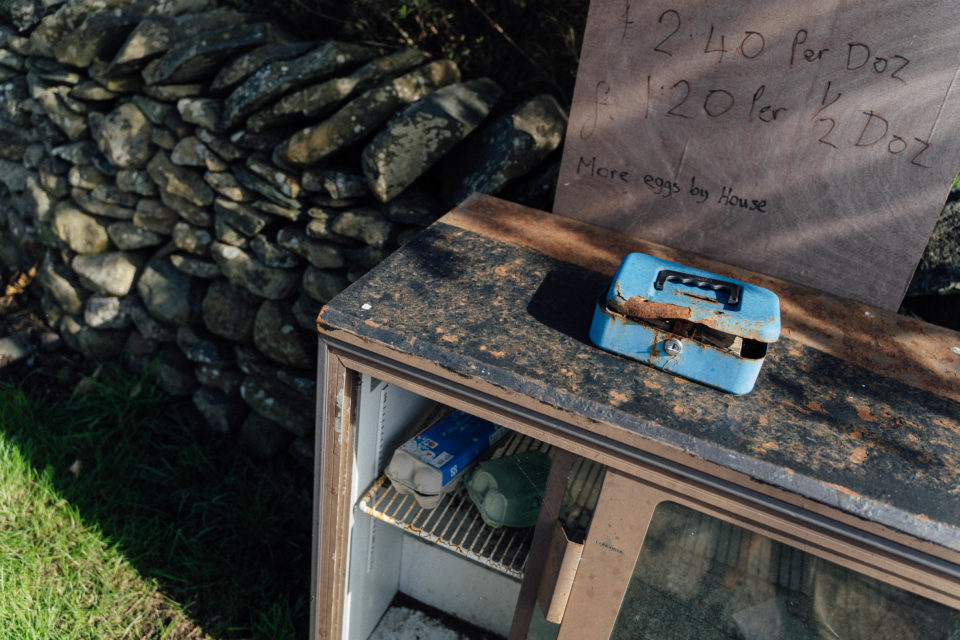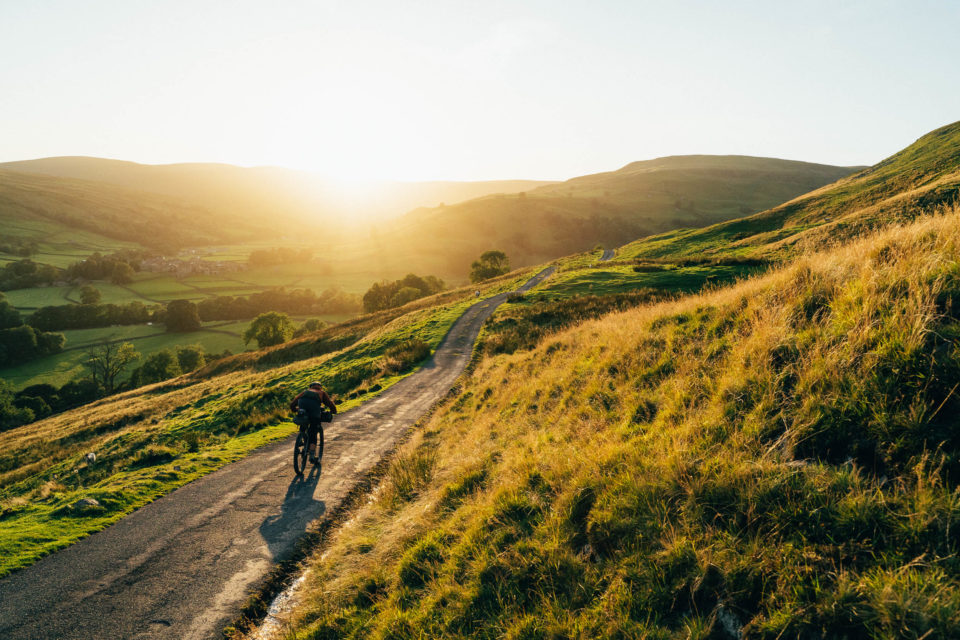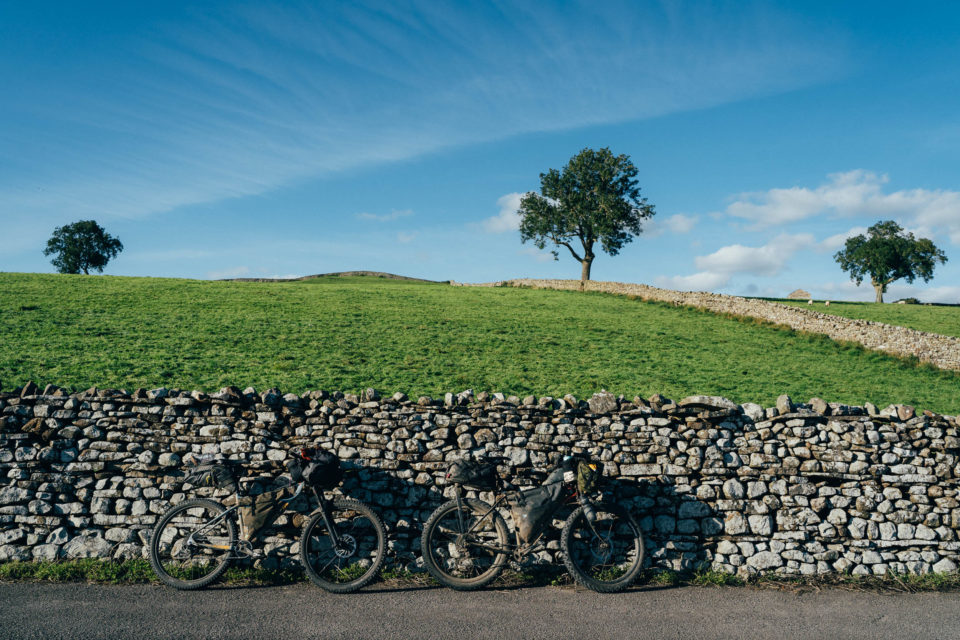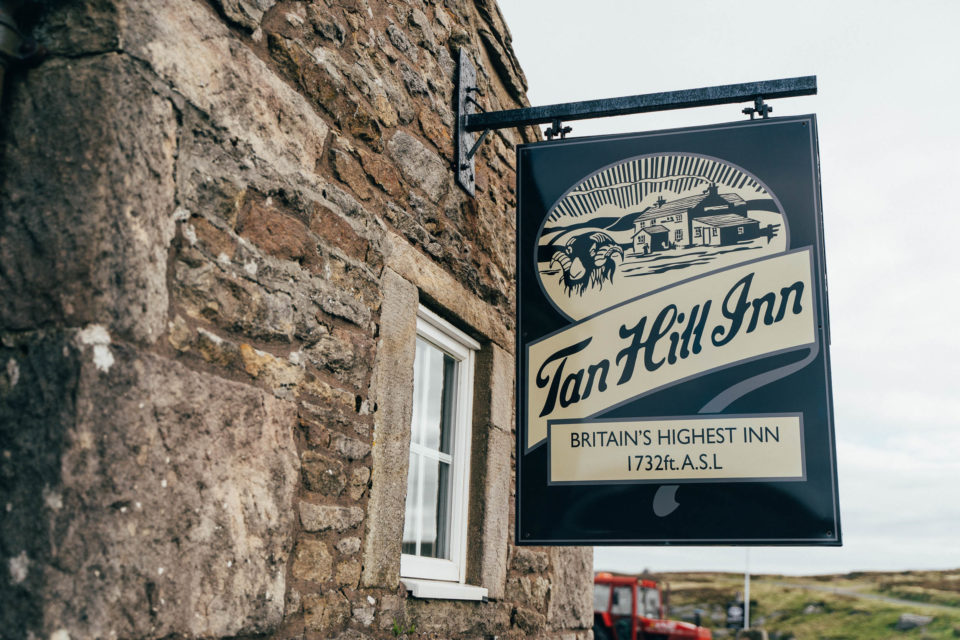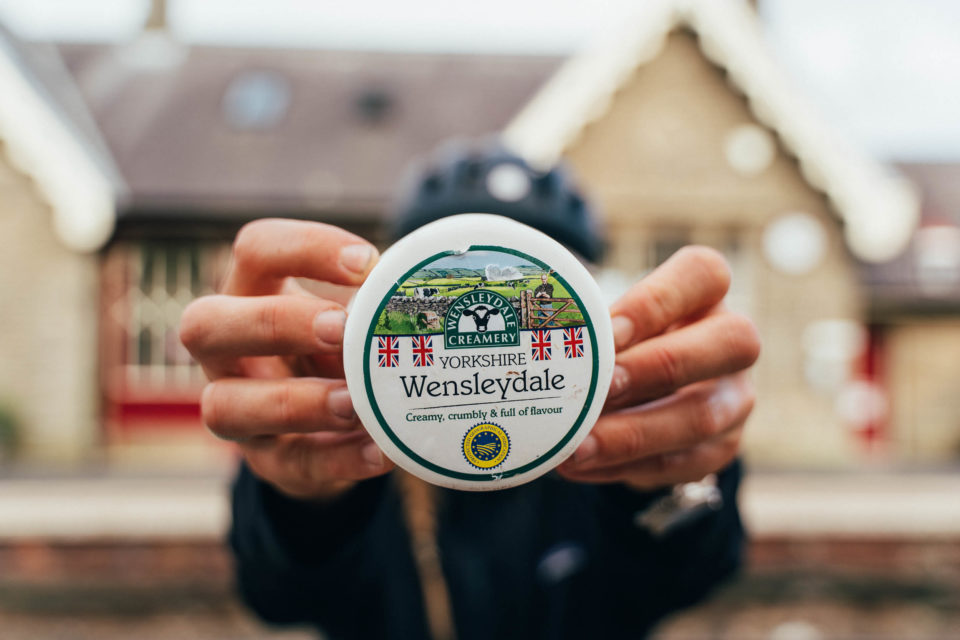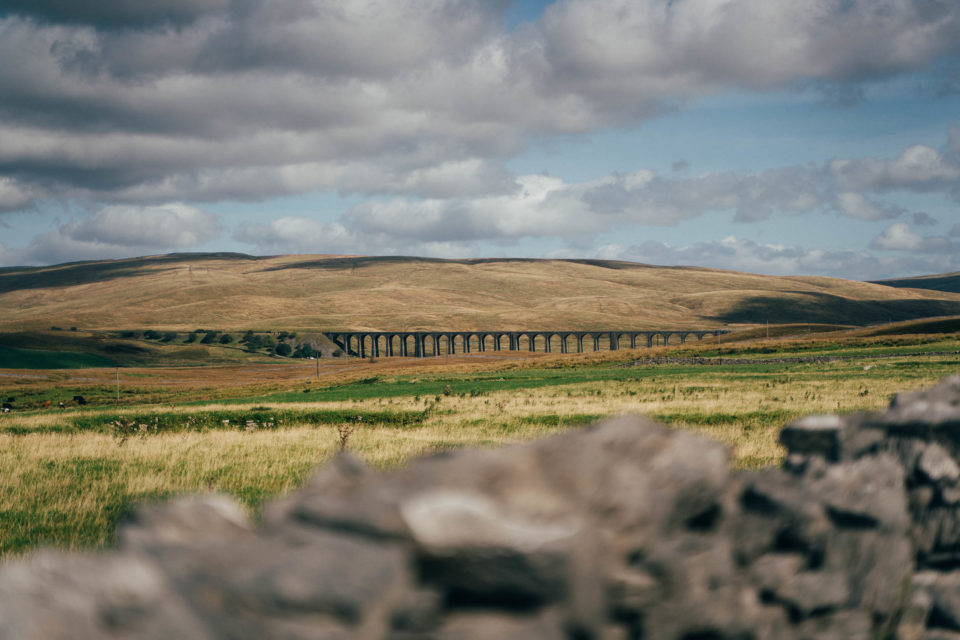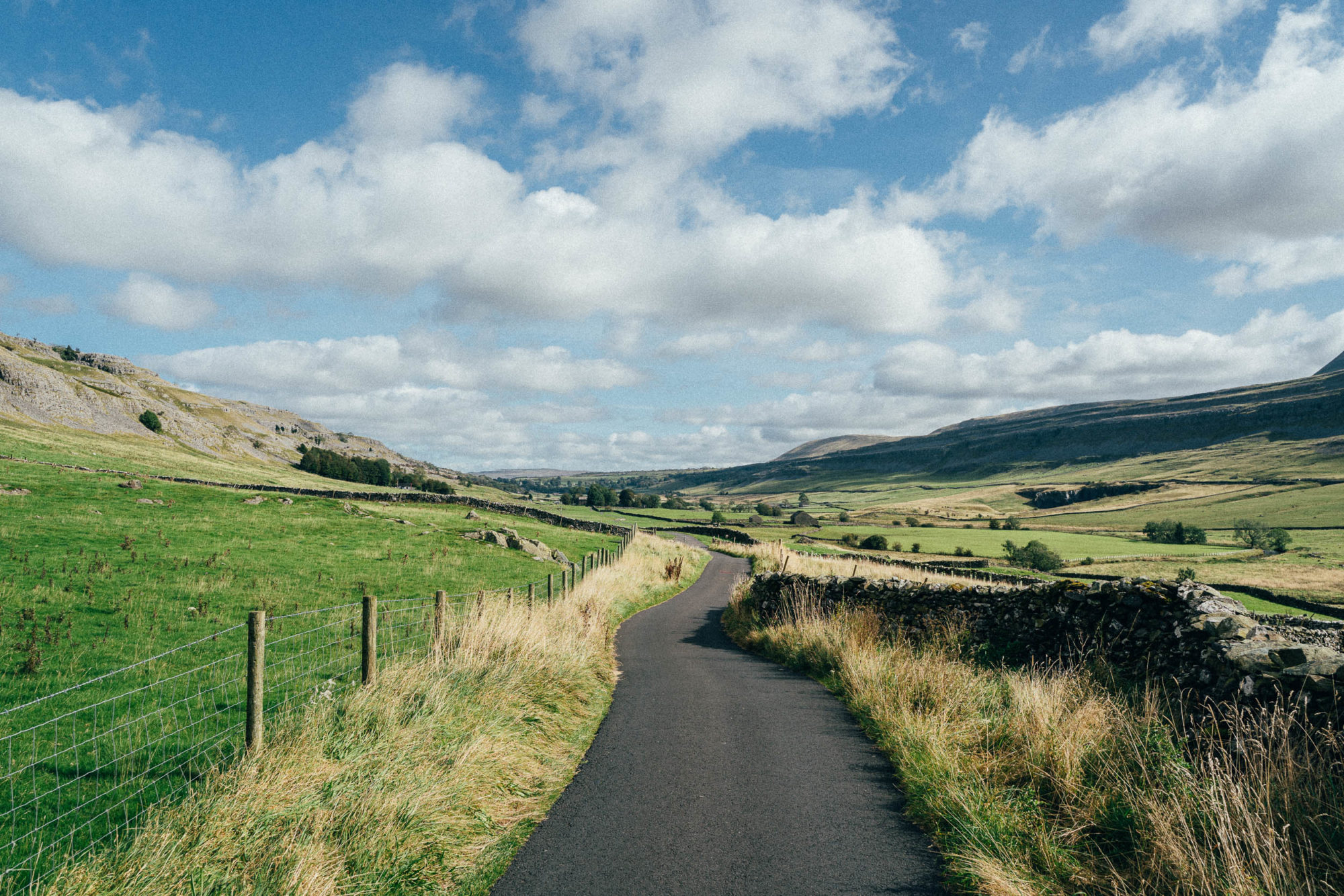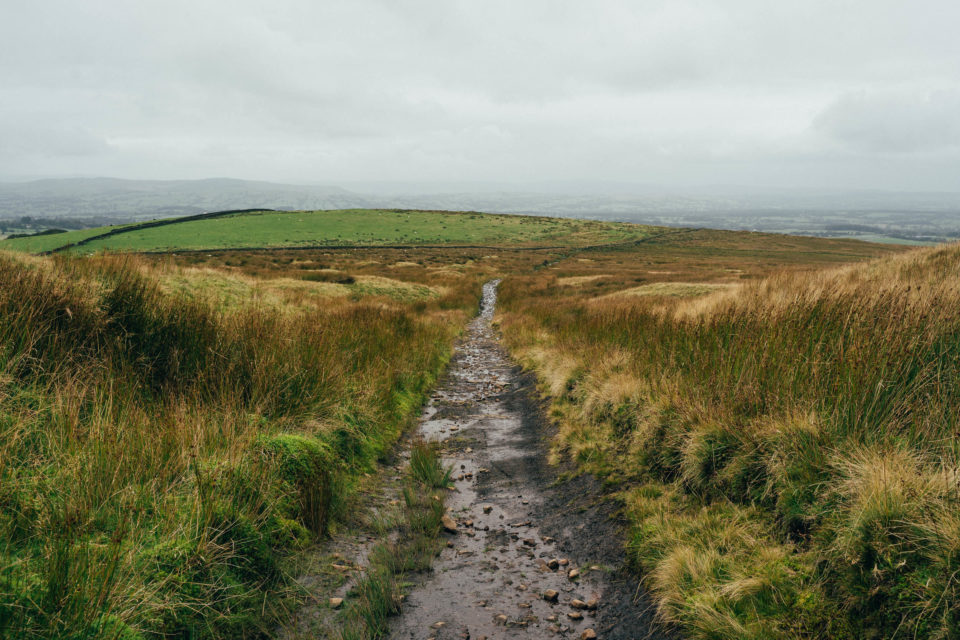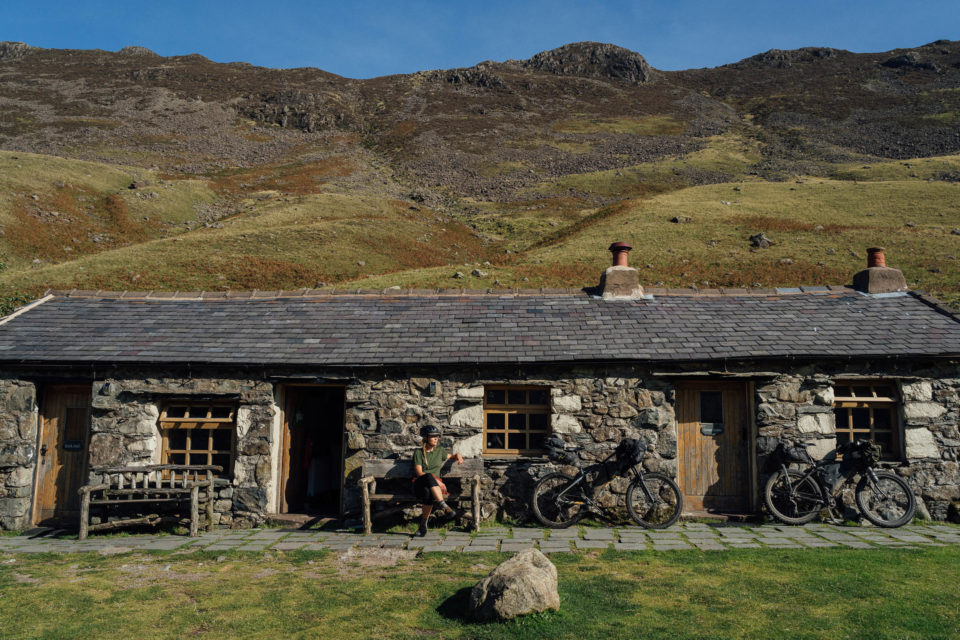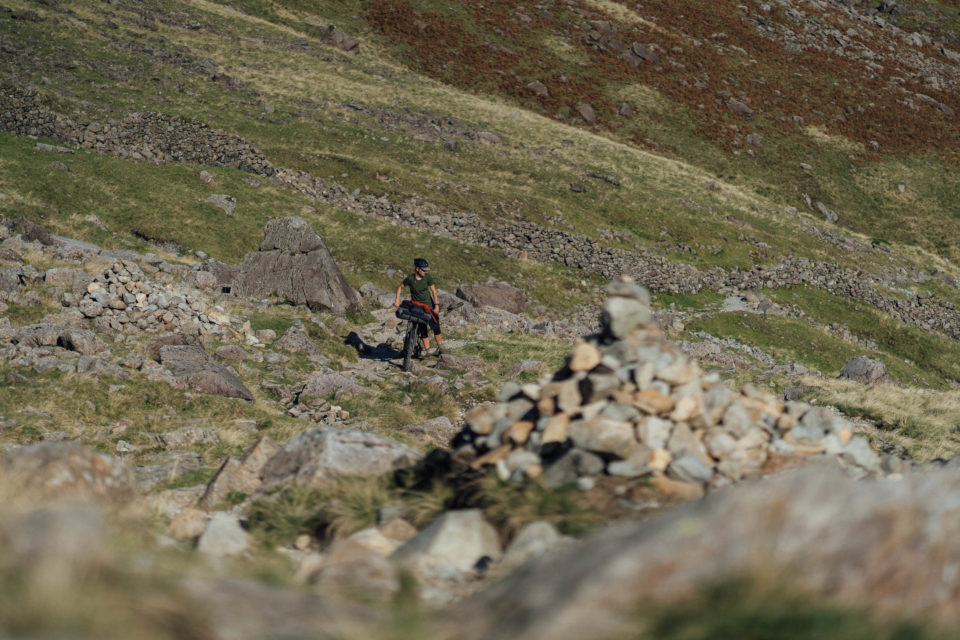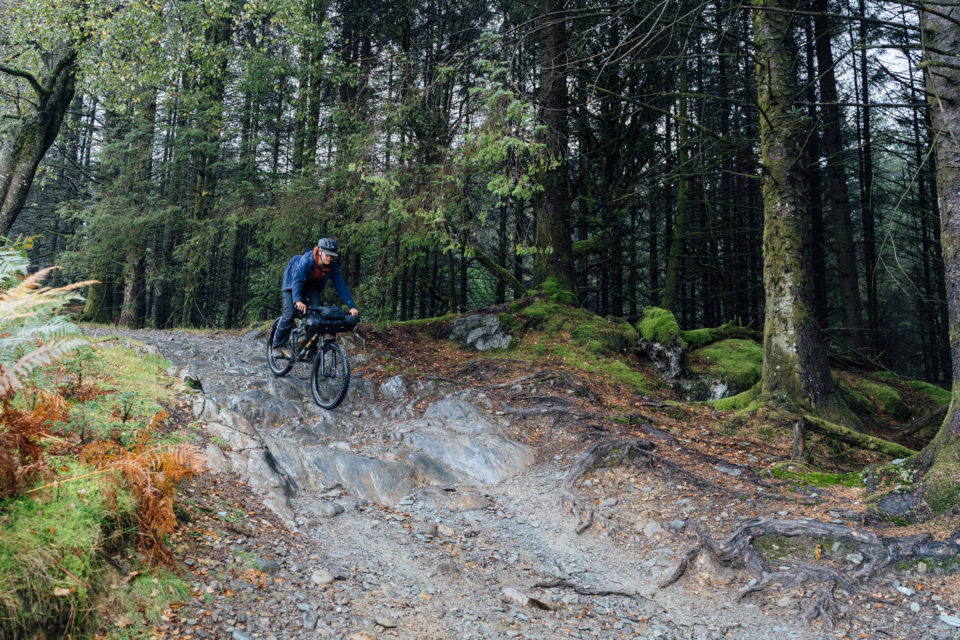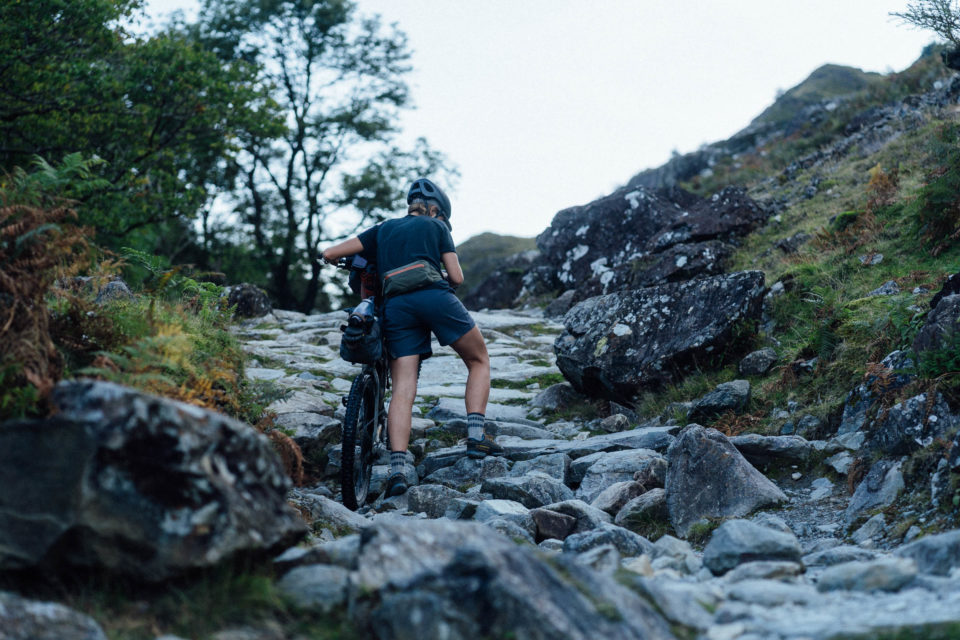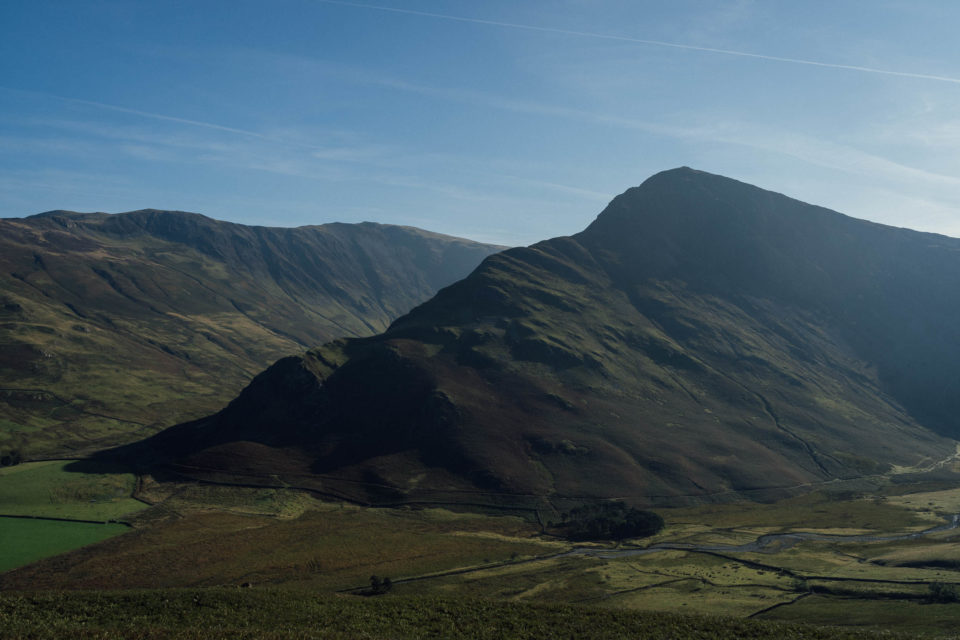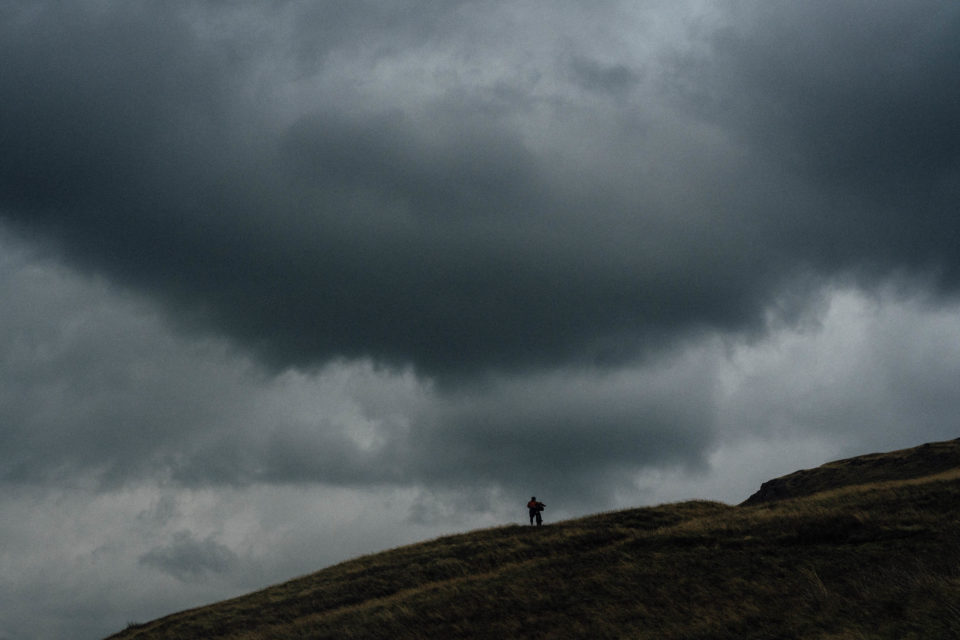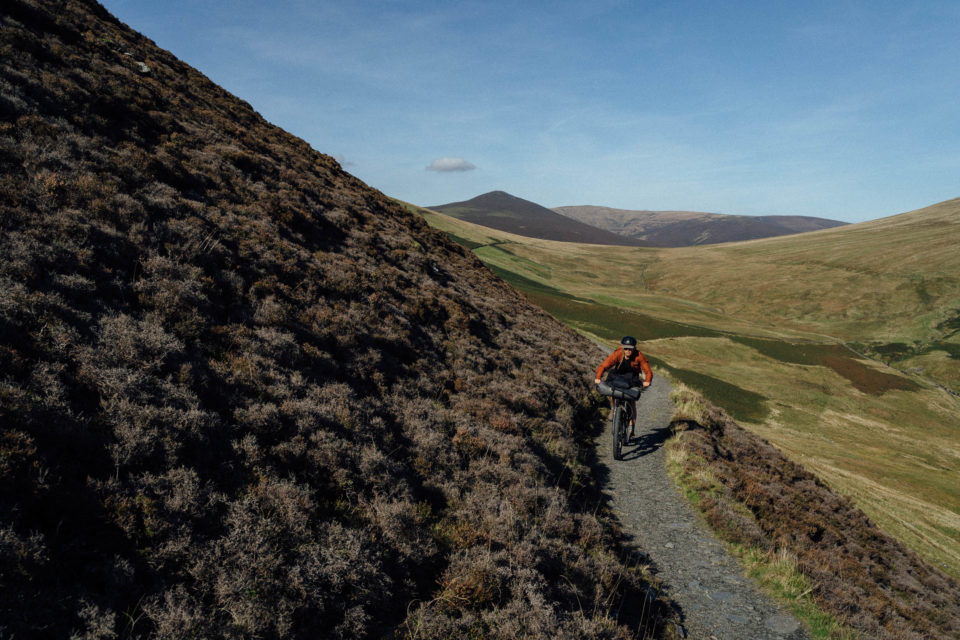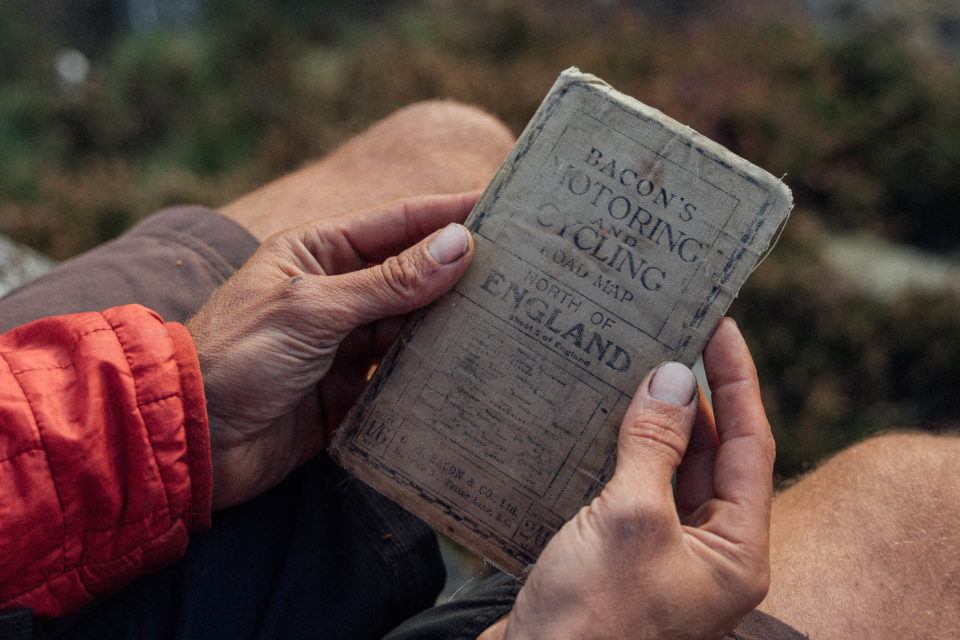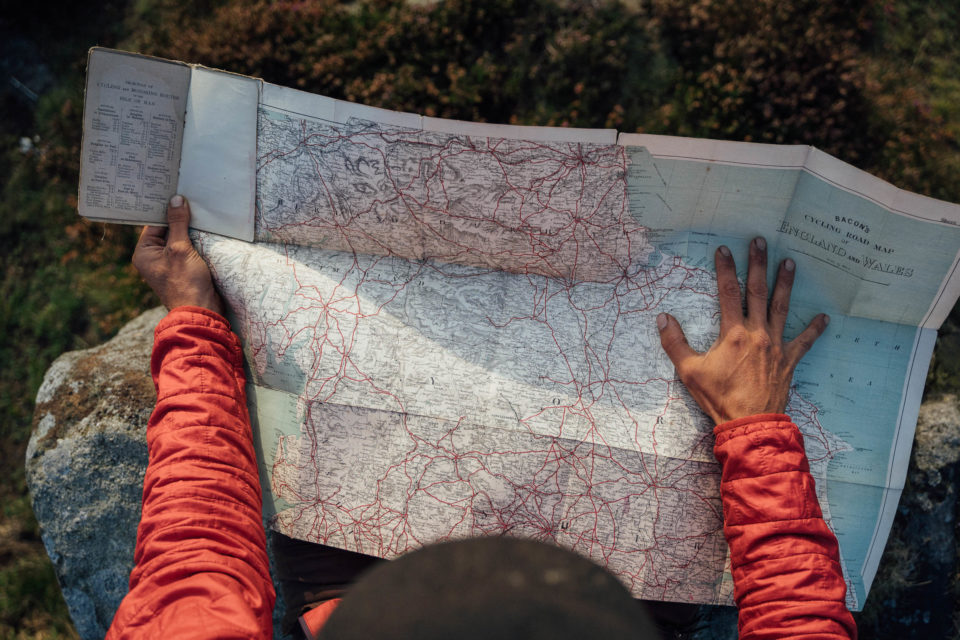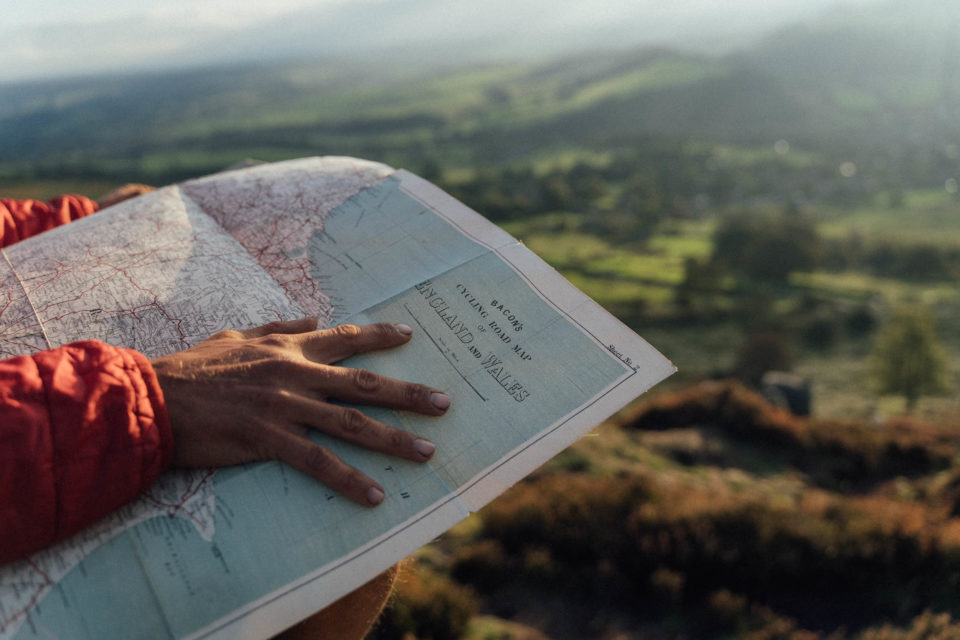Fantastically Plastic Free
Cass shares his experiences of a bike tour in which the path to less convenience made for a much more enjoyable, enriching ride. Read on to discover the ins and out of attempting a zero-waste bikepacking trip in the UK…
PUBLISHED Sep 17, 2020
Last autumn, I tried an experiment that I’d been mulling over for some time but never quite plucked up the courage to commit to: a largely zero-waste bikepacking tour.
In recent years, I’ve become increasingly disheartened with the amount of packaged food I consume when riding. And whilst I’m under no illusion that the singular act of me cutting back is going to change the world, there’s no denying that doing so resonates far better with the reasons I love to bikepack in the first place: as a way of being more in tune with the environment and appreciating my surroundings, and taking the time to meet people along the way.
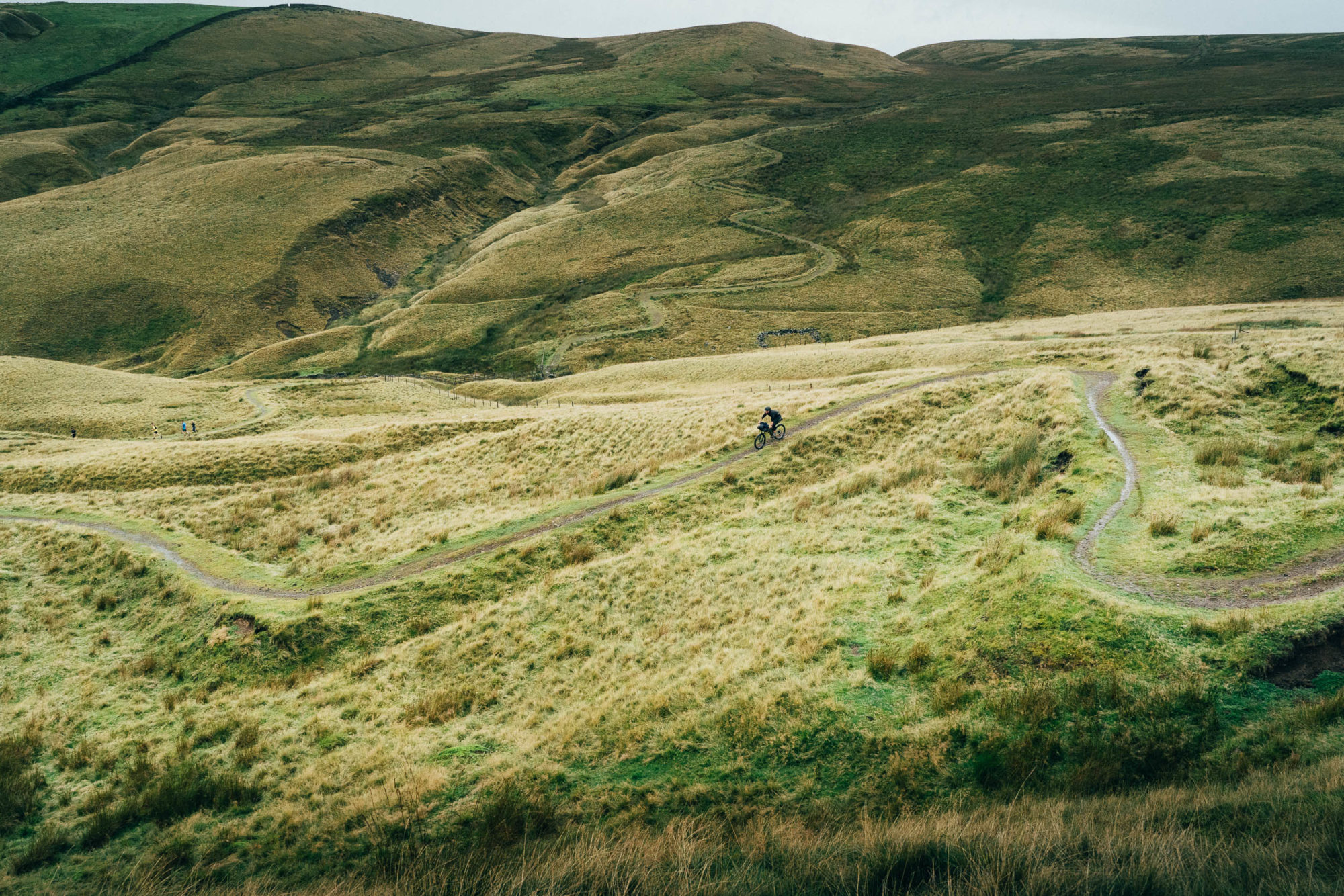
For this trip, I’d arranged to meet up with fellow BIKEPACKING.com contributor Neža Peterca, who was finishing up a season working for Patagonia’s Wornwear tour in the UK and Ireland. Neža was keen to see some British countryside before returning to Slovenia, so I excitedly pitched her the idea of a zero-waste tour in the Pennines. I admit that her reply – “Yeah, sure” – initially felt a little deflating. But little did I know that Neža spends much of her life either making outdoor gear from recycled materials or repairing things that are broken, so it stood to reason that being low-waste was pretty much the way she lived at home.
With just over two weeks to ride, I was keen to show Neža some classic British mountain biking, and remind myself of the beautiful landscapes that lie on my doorstep too. We’d arranged to meet in Sheffield and rolled out that evening towards the heart of the Peak District. Neža and I have several like-minded friends in common and had exchanged a few messages over the summer, but it always takes time to figure things out when bikepacking with a new riding companion, be it the pace at which you like to travel or the very terrain you seek.
What it didn’t take long for me to realise was that I’d lucked out in having Neža to share this challenge, thanks to both her practical experience and her Slovenian resolve! In fact, this came into effect in Hathersage, when she produced a number of re-usable mesh bags from her seatpack, which we filled with produce from the greengrocer. Neža is vegetarian and given that I’ve been making moves to cut down my own meat consumption too, I was happy to follow suit.
Still, vegetables will only get you so far and as I scoured the isles of the local mini supermarket for non-packaged goods, I realised that one, I should have been better at planning things in advance when I had access to appropriate stores, and two, I’d need to get over the feeling that I was inconveniencing people when I turned down napkins or returned a plastic fork. In fact, I soon noticed that it’s best to pre-empt any awkwardness by simply having an alternative already to hand, like a bag, or evidence of cutlery. Thankfully, we were pointed down the road to a bakery that had recently dedicated a generous portion of their small store to zero-waste shopping. Perfect! We chatted to the owners, devoured a couple of flapjacks, then loaded up on package-free coffee, trail mix, pasta, and oats.
The first part of our trip consisted of a short tour around the Peak District. The route we put together covered the Dark Peak in the north, characterised by dramatic gritstone ridges, and expanses of open, peaty moorland and swathes of heather. It also explored elements of the south, the White Peak, typified by limestone valleys and grasslands.
So far so good with the riding, but our supplies were quickly running low. Unless we lived off a diet based solely on flapjacks and cream teas, we’d need to carry more food and research our options ahead of time. It was here that I realised that we could no longer rely on late hour supermarkets to come to our aid. Instead, we’d have to think ahead. And, whilst I appreciate that cell phones and their production is another contentious topic of debate, we were thankful for them because a quick search, up on a hilltop with cell service, revealed a belly-filling island of opportunity: a zero-waste store in Glossop. If we hurried, we could make it before closing time!
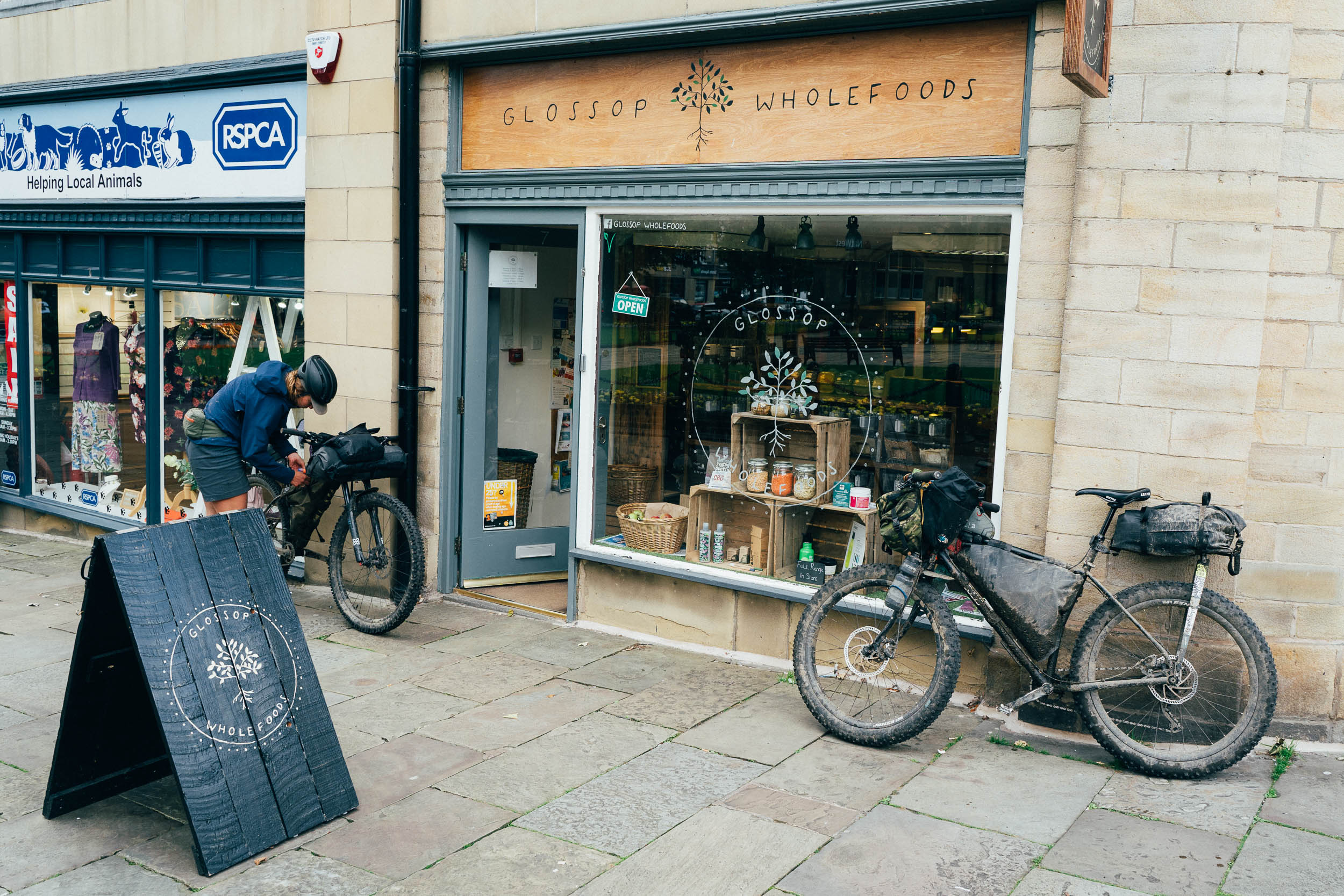
Granted, we’d lucked out so far because if we’d relied on Tescos or SPAR – the staples of many an English village – we’d have had a hard time figuring out a plastic-free menu. In fact, if we were to do this the way we wanted to, it was best to give such establishments a clear berth and rethink our options completely. I admit that this may sound hard and distinctly inconvenient. But to be honest, it’s no different to the way I rule out paved roads in favour of traffic-free dirt tracks. It’s a shift in thinking as much as anything, and a reallocation of time.
Indeed, “it must be so hard”, was a frequent reaction from those we met when we explained our intentions. Which had me contemplating the very notion of how we define ‘hard’ and what we quantify as ‘convenient’. For example, is it hard to ride a bicycle over a mountain? Sure it is, compared to driving a car. But look at all the rewards! Is convenience taking a paved road to get you more quickly to your destination? Maybe, but consider how it would change the very fabric of the trip.
Besides, what’s ‘hard’, or indeed ‘too hard’, is very much dependent on both our attitudes and prior experiences. When we choose to bicycle tour, we’re inherently making our life harder than it would otherwise be. We’re forgoing the convenience of driving because we think it’s worth it, to the point that it is no longer a sacrifice. Or to cite other examples, is riding in the rain inconvenient or sleeping in a tent hard? Sometimes they are, at least initially. But like many changes, the more we do them the easier they become. Until what we might have thought as a challenge becomes the norm.
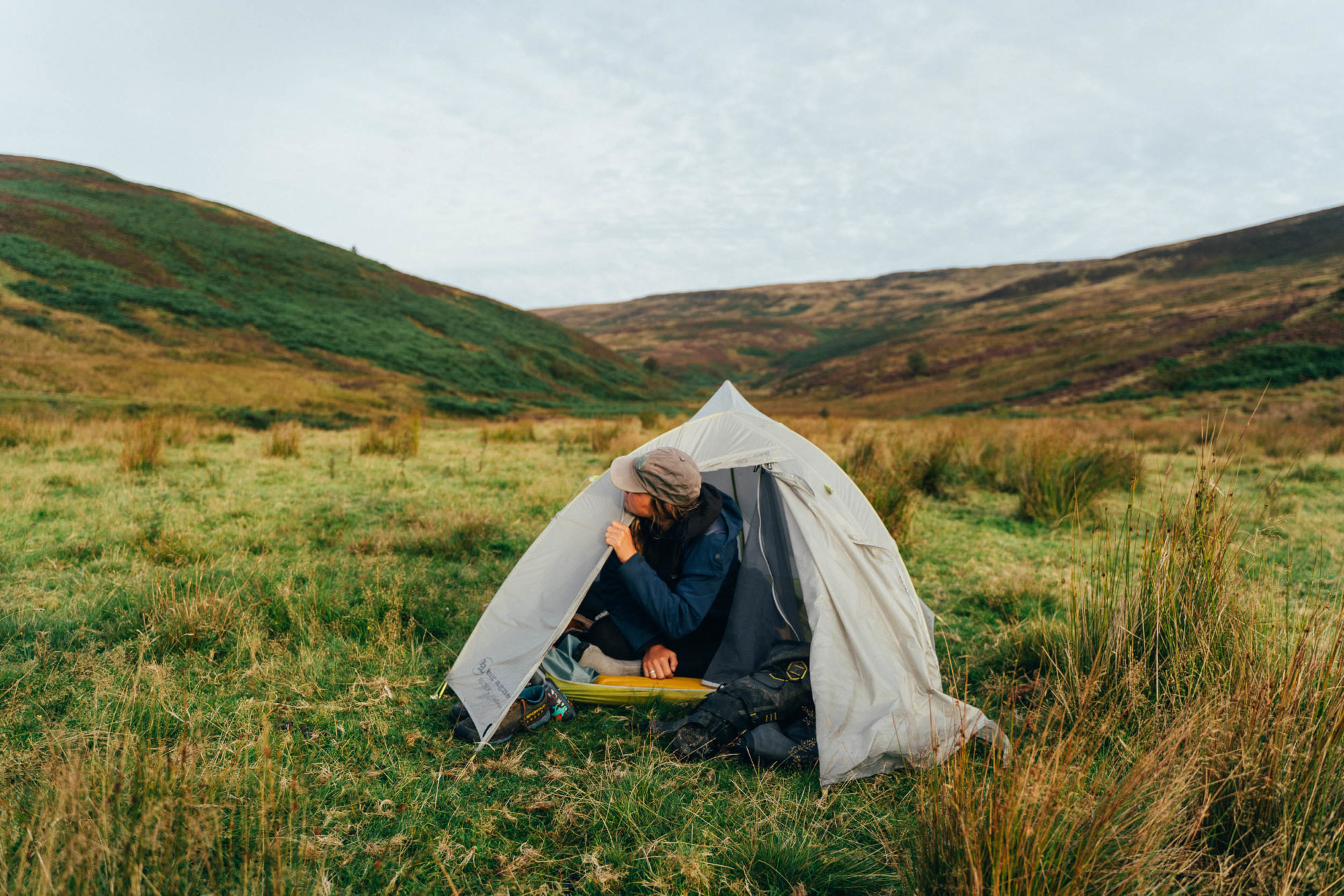
So yes, whilst it was ‘hard’ to make this shift, it also reminded me what a relative concept this can be, and how much we’ve placed convenience on a pedestal. But I digress. Life ponderings aside, we got on with enjoying the riding and doing what I love most: pedalling my mountain bike across whatever terrain comes my way. And in the case of the Peak District, it was delightfully rugged, boggy, and rocky.
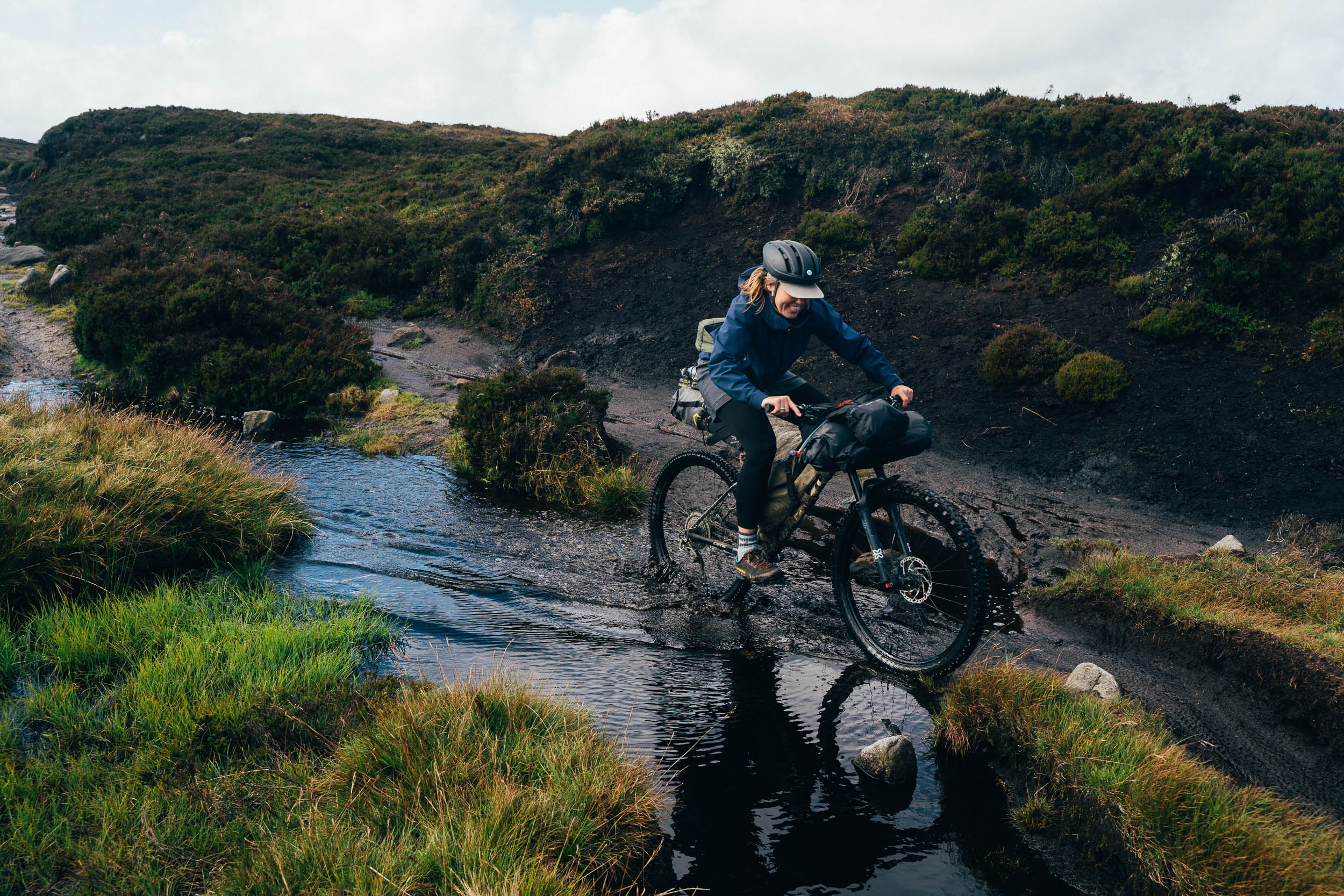
Onwards from Manchester, we plugged into the newly finished Second City Divide, an enticing mixture of bridleways, dirt tracks, and backroads to Glasgow. I’d dropped a line to route creators Luke and Christian, and we’d arranged to meet up to discuss the ride. Does fortune favour the brave? Perhaps, because when I mentioned our plastic-free plans to the two of them, it just so happened that they were about to launch a new brand of trail bar – Outdoor Provisions – that came wrapped in packaging that can also be home composted. Gladly, we filled our pockets with samples and we went on our merry way once more.
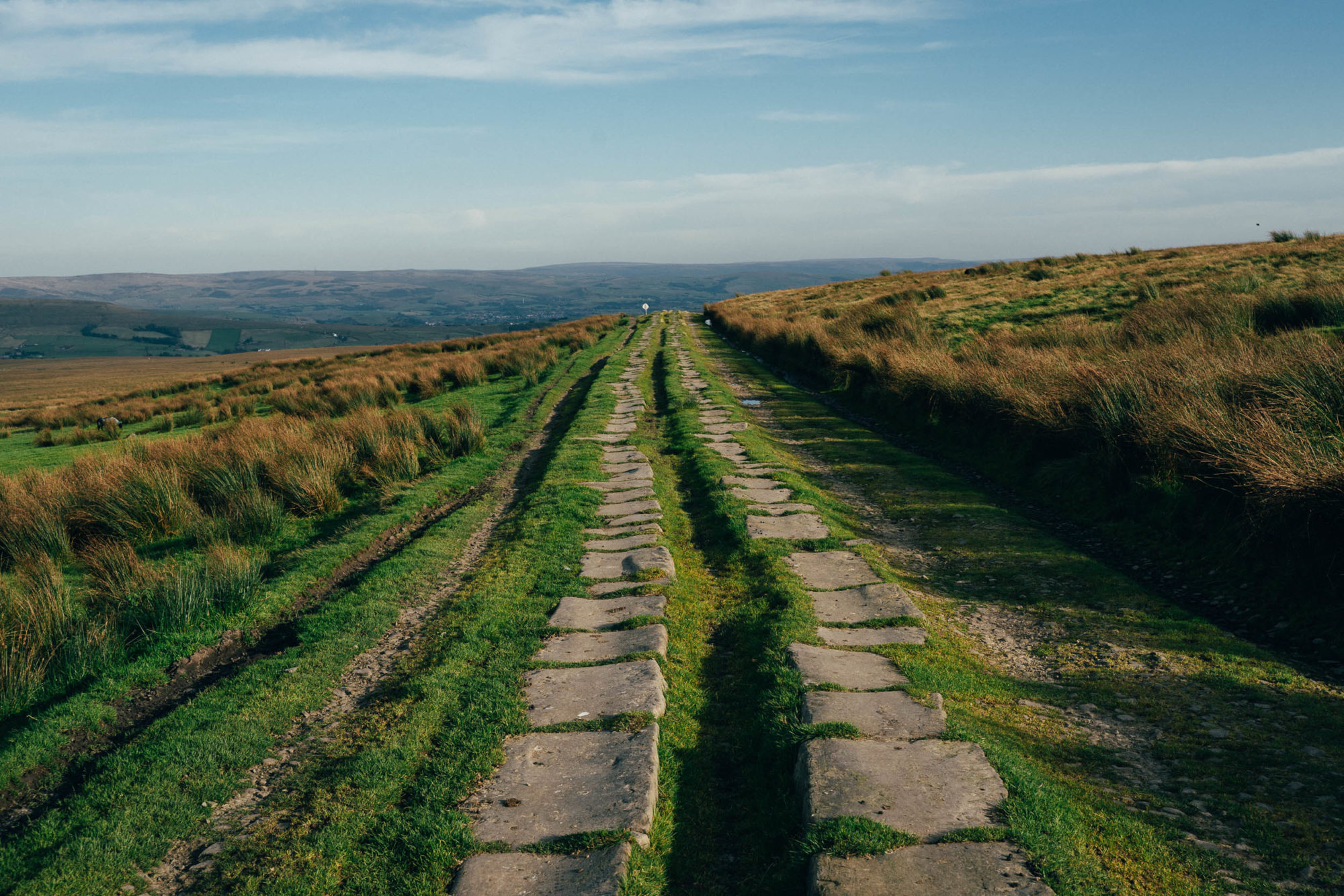
At this point, I should probably elaborate on the specifics of this challenge and the rules we’d set out for ourselves. Our baseline was non-negotiable. No plastic of any kind. The same went with other packaging but if push really came to shove, we could buy food in cardboard, as long as it was recyclable locally and didn’t have a plastic liner. I admit that we must have looked quite the sight, two muddy bikepackers scouring labels and shaking boxes for clues of their contents…
We could also purchase products in glass if we really needed to. But if we did, we’d need to clean the containers and deliver them to a recycling centre, or ideally, return them to where we bought them. Loose fruit and vegetables were the bulk of our sustenance – our re-usable mesh bags were ideal at greengrocers. But unexpectedly, compostable waste proved tricky to dispose of without access to a garden. After carrying it for several days on a couple of occasions, we actually ended up burying it appropriately. I’d also procured a dozen tasty, dehydrated meals from Firepot Foods, a company who had recently launched a range that can be home composted. We shared them out between us and they made all the difference, allowing us some welcome variety.
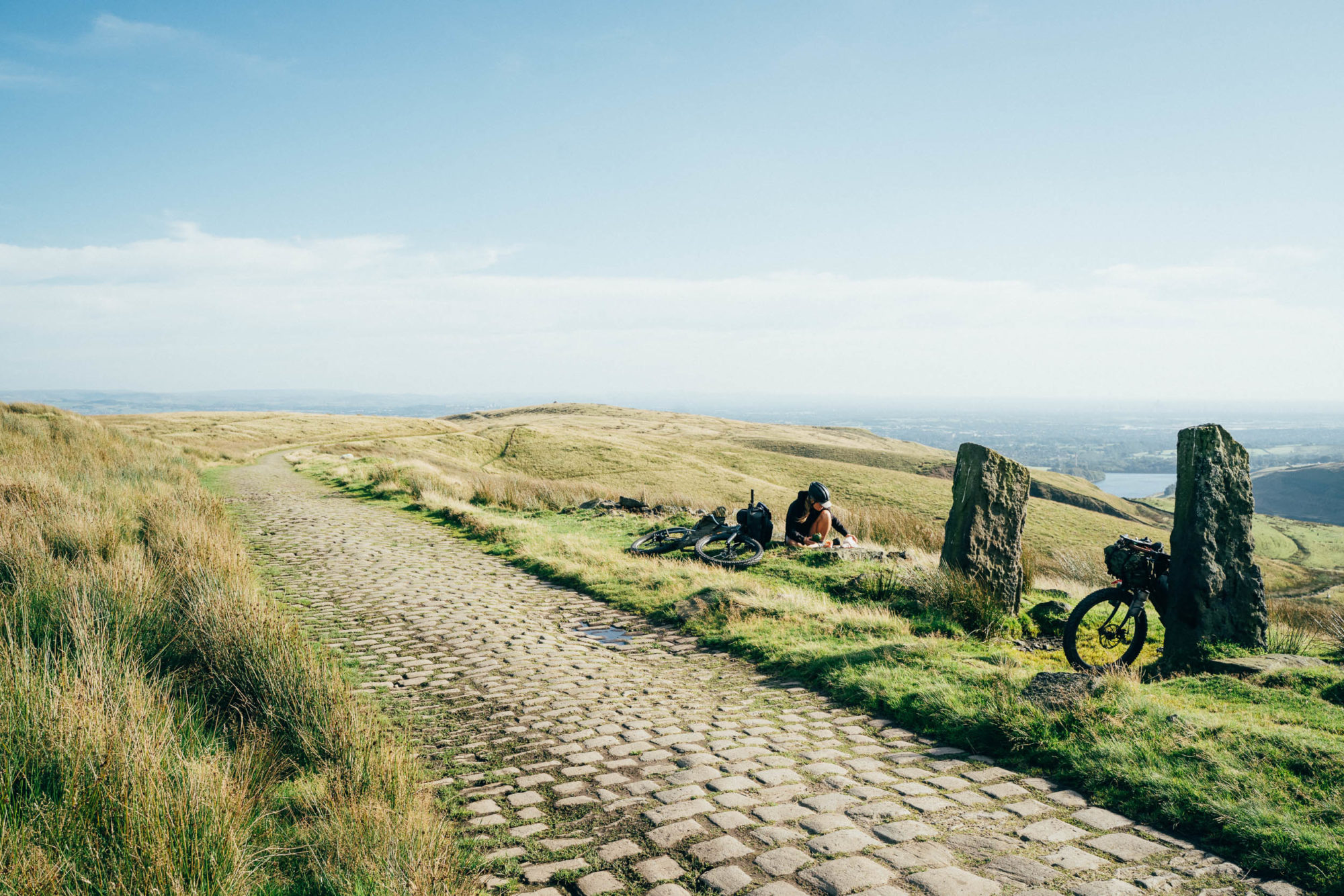
Still, we’d need to keep adding to our supplies to ensure they lasted for the whole ride, so we stopped and actually talked to people. Maybe there was a farm shop nearby that we didn’t know about? Or perhaps there was somewhere off route? On one occasion, we even detoured several miles away to a bakery and, fearing we might go hungry, bought ten flapjacks on the spot, much to their amusement. Besides, what is a tour but a line on a map, anyway? What does it matter it’s twenty miles longer over a couple of weeks? Twenty miles longer than what?
They say necessity is the mother of invention and I’d agree that it certainly helps engage the brain. My most memorable anecdote comes standing in line at a small deli in the Peak District, staring longingly at local cheese that was appropriately titled True Grit. It was encased in wax rather than plastic. But was that ‘ok’? Did it flout any of our single-use rules? A quick Google search revealed, to our visible excitement, that it could be re-used as a firestarter. Yes! As a further touch to reducing our impact, I’d decided to bring a twig-powered stove for the trip that used biomass for cooking, which meant we had the perfect reason to enjoy it.
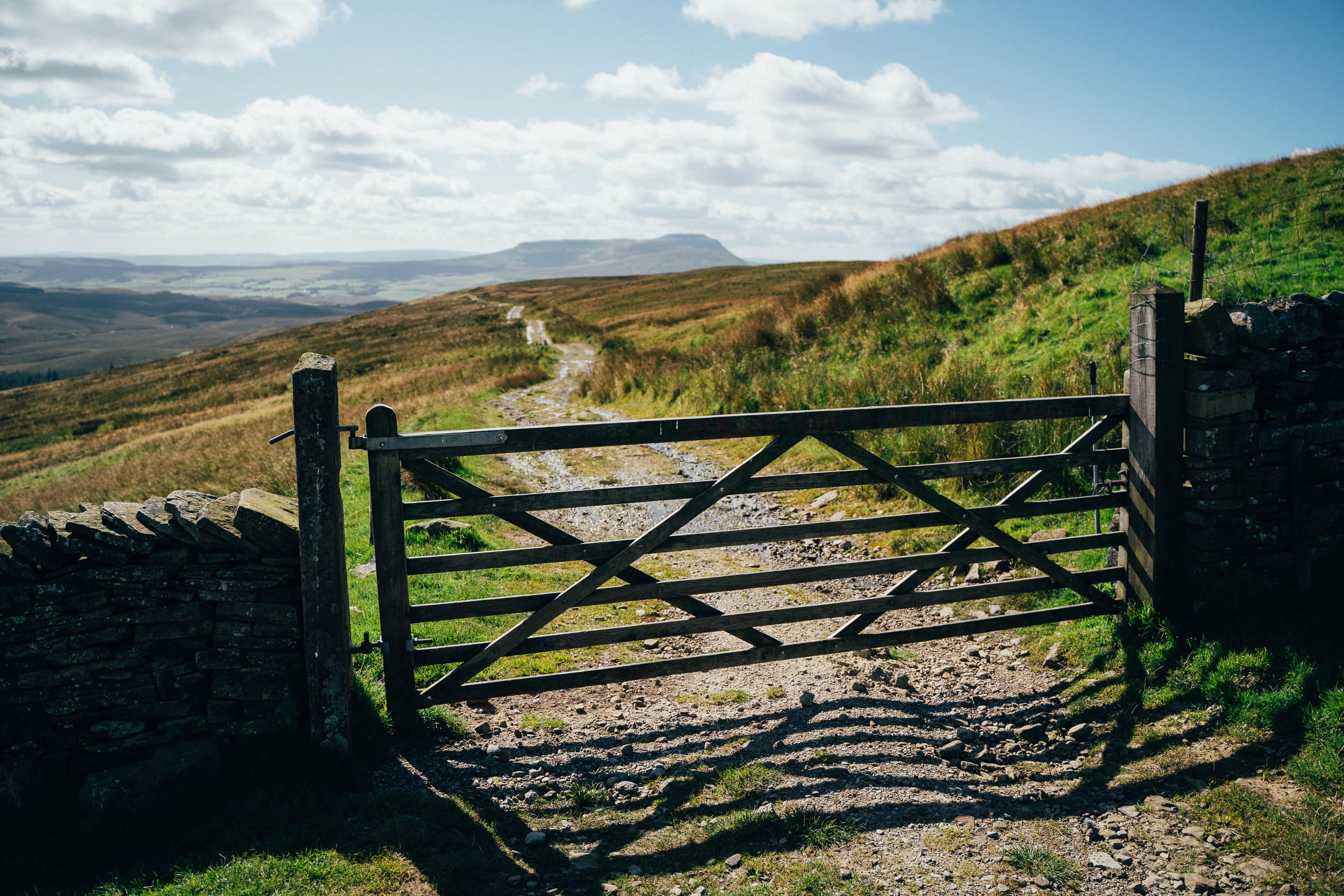
Most importantly, we were strict with ourselves, because we wanted to see where it would lead us. On more than a few occasions, I came out of a supermarket completely empty handed. It was at these times that I was especially grateful to have Neža on board because when you’re tired and hungry, it helps to have accountability.
Of course, the best was when we foraged for food. Being late summer, we found groves of blackberries upon which we gorged, chins dripping and fingers stained. When we could eat no more, we loaded our Nalgene containers to the brim for breakfast too. On one occasion, we spied a pear tree heavy with fruit and plucked up the courage to ask its owners if we could pick a few. “Take as many as you want,” came the reply, to our undeniable delight. Almost as good were the eggs we had for dinner one evening, which Neža had allowed herself in the interests of group morale. After a long day’s ride, we passed a farmyard a mile away from our planned campsite and paused to scoop up a carton, sold on an honour scheme. The following morning we even backtracked to return it empty, closing the packaging loop, as it were.
Northwards we rode, past North Yorkshire’s impressive Ribblehead Viaduct and across the magnificent Yorkshire Dales, stopping for cider and cake at the highest pub in the UK, the 17th Century Tan Hill Inn. Our newfound open-mindedness to adjust our travels to our needs was perhaps the reason why we ended changing direction altogether. I spotted an upcoming weather window in the nearby Lake District and hankered for the trails I used to ride. What’s more, Neža’s setup was more suited to rocky singletrack and I knew the Lakes wouldn’t disappoint. Then we remembered Luke telling us about an excellent zero-waste store in Penrith and the deal was sealed. Finishing our pints of cider, we turned west and headed off to tackle the Lakeland 200.
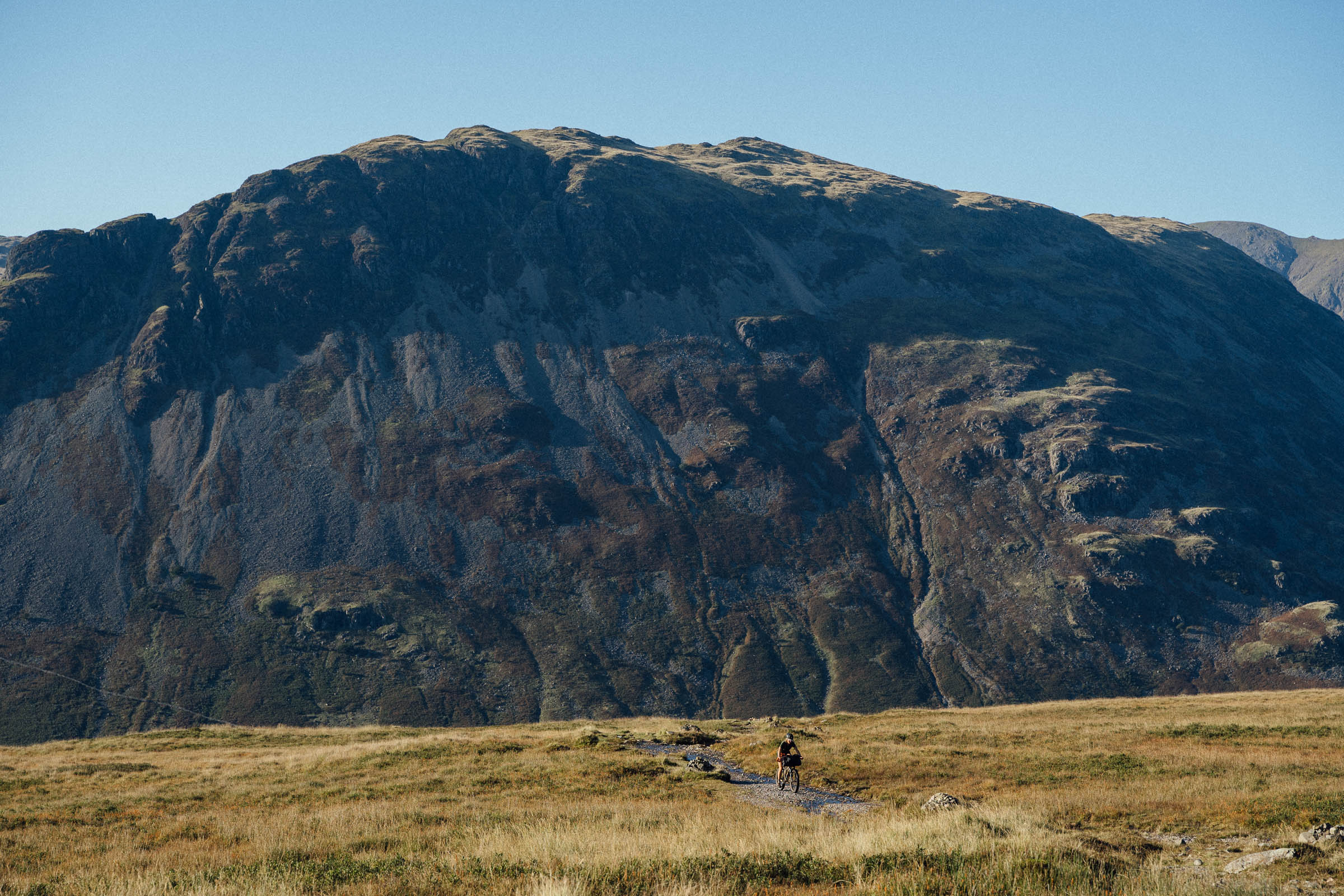
By now, our trip was morphing into a low-impact ramble and I was loving it. From the bulk store in Penrith, where we packed our bags and filled our containers with supplies, we found a chippy that served fat, hand-cut chips in compostable boxes. And from there, we cycled to the Quiet Site, a largely off-grid camping area that generates its own electricity and has its own zero-waste store. Just as importantly, it gained us access to a kitchen where we were able to make flapjacks for the days ahead. Supplemented by occasional pub food (say no to paper salt sachets and paper napkins!), we were good to go.
Besides, by now we were in the swing of things. Just as we’d honed our packing system, we’d figured out a game plan for shopping. Google search for bakeries and delis, or better still, stop for coffee and seek local information, like an edible treasure hunt. And rather than trawling supermarket aisles that offered more choices than we really needed, we’d pick and choose our menu from what was ‘permissible’ to us. Yes, on occasions it took a certain amount of will power not to cave in to hunger and succumb to the dubious delights of a quick-fix chocolate bar. But like the riding itself, I felt the rewards more than made up for it. And as a welcome bonus, we were actually eating very healthily.
Our route around the Lakes took in a broad overview of this beautiful area, including such classics as High Street, Walna Scar Road, and Black Sail Pass. It wiggled its way along intricate dry stone walls, past glacial ribbon lakes and tarns, and treated us to a full palette of Lakeland colours. Overhead, clouds floated across its rugged fells, casting ridgetops and mountains into mottled light and completing this idyllic scene. As for the riding, it was an undeniably testing loop, requiring a number of protracted, time-consuming hike-a-bikes. I’d like to think that the most straightforward path isn’t always the best, on many levels.
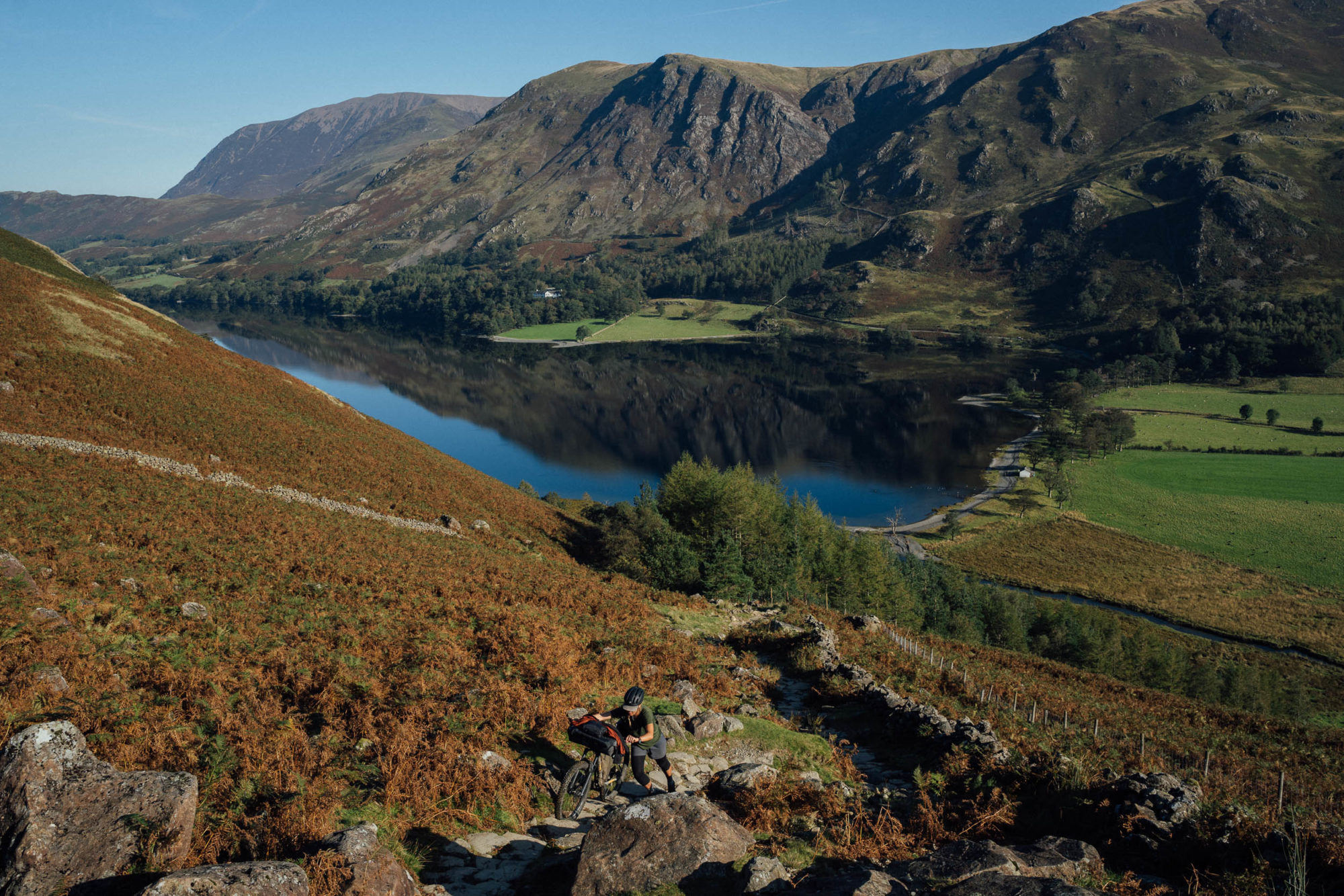
Sixteen days later, our convoluted off-road meander came to an end and we hopped on the train back to Sheffield. As the trip came to its conclusion, it was clear that our re-entry to ‘normality’ would be harder than expected. Everywhere I looked I saw packaging, just like the final scene in the Matrix where Neo suddenly sees the world for what it really is. Okay, I’m overdramatising the moment, but you get the idea!
Still, serendipity has a habit of making the world seem a bit more magical, despite its shortcomings. On our first full riding day of the trip, we’d stopped by an old fashioned garage selling bric-a-brac, where we’d unearthed a cycling map from bygone times. It was pleated in a cardboard booklet and printed on canvas, a piece of history that we purchased for £4. Now, on our last day, I realised that it happened to cover the exact same areas we’d ended up riding: the upper portion of the Dark Peak, the rolling and wild Pennines that lie between Manchester and Penrith, and the Lake District that juts out to the east. The fact that it was likely printed at a time when plastic was far less of an insidious commodity than it is now, made it feel all the more relevant.
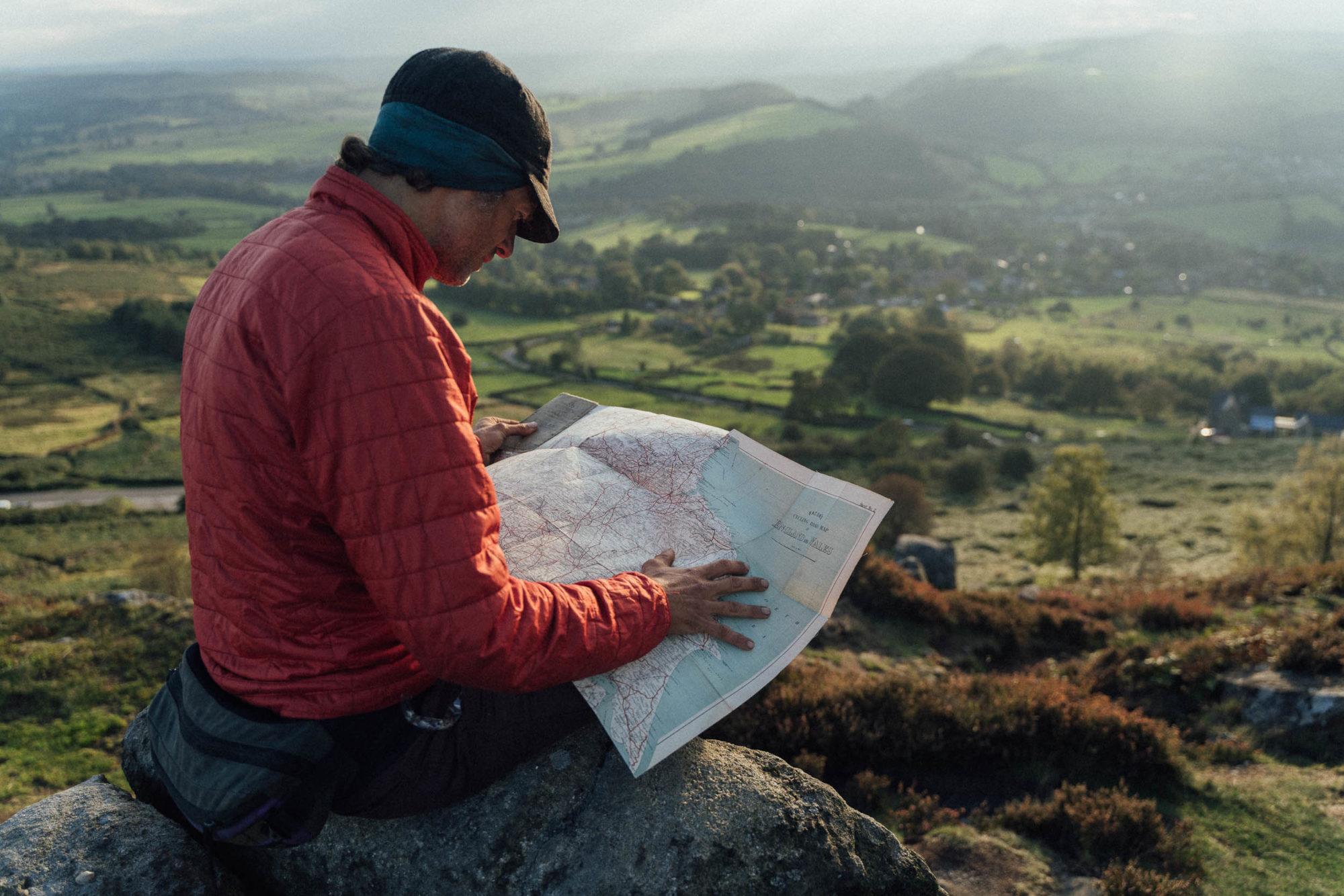
For my part, I felt I’d learned enormously from this experience and had a fantastic ride that was just a few hours from home. Where I normally would default to a supermarket or petrol station, grudgingly shrugging my shoulders as I load up with heavily packaged food ‘because I have to’, I realised that with forethought and a certain amount of determination, there are other options.
After all, the journey we choose in life doesn’t always have to be easy, or convenient. Which, when it boils down to it, isn’t really so different from the very reasons I choose to bikepack.
Thanks to Cotic for lending Neža their SolarisMax for the first few days of the tour, and Alpkit for providing a Sonder for the rest of it. And thanks too to Pannier.cc for loaning her bags for the trip. The last set of photos are taken by Neža Peterca. For more info on Neža’s gear repairing service, visit her website What Happened.
POST TOUR PONDERINGS
I wanted this experience to be more than just a standalone experiment. I’m pleased to report back that it did encourage me to change my habits once I returned home. Certainly, it helped reprogram my brain to other possibilities. And perhaps most importantly, it encouraged me to research this problem and introduced me possible short term and longterm solutions, because it’s hard to beat experiential learning.
It also made me realise there are many grey areas to this conundrum, especially within the confines our modern economy. For instance, is it better to buy local, but in packaging, or choose goods that have been shipped in, even if they’re packaging-free? How about the argument in favour of simple plastics as a way of saving waste? And I’m not even going to dive down the wormhole of gear we use to bikepack and its production… Still, lessons were learnt and next time I’ll prep dehydrated food and certainly research appropriate resupply points in advance, and even create a route that takes these into account.
Ultimately, our trash and what we do with it is an ever-growing problem that is touching every part of the globe. This podcast from Today Explained reveals how little waste is really recycled and National Sword from 99 Percent Invisible offers a fascinating insight into this complicated topic – past and present. NPR’s The Litter Myth offers a background to the US’s Keep America Clean Campaign… as financed by Coca Cola et al. Netflix’s Recycling Sham, part of the Broken Series, makes for an sobering watch, too. Unfortunately, the solutions aren’t always as clearcut as we may hope, as this BBC report suggests.
BIKEPACKING.com will be following this story up with a guide to repairing gear and tips for low-impact bike touring. The creation of waste is a significant global issue that also needs to be addressed at the policy level. But given that we can all afford to try and do better as consumers, an intentional experience like this feels like a very worthwhile and thought-provoking endeavour.
Do you have done a similar low waste tour? Let us know in you in the comments below. Hints and tips appreciated!
Please keep the conversation civil, constructive, and inclusive, or your comment will be removed.



